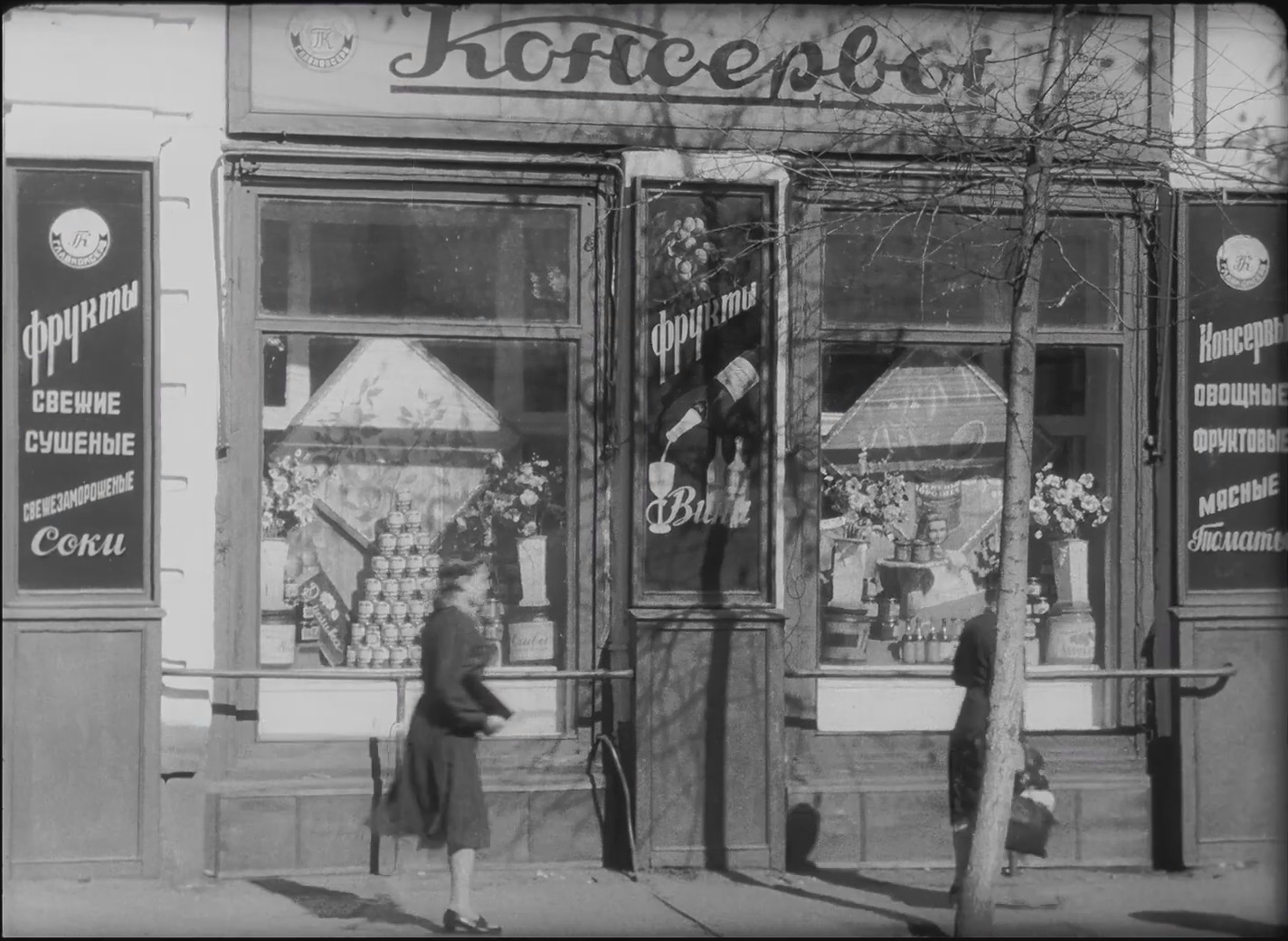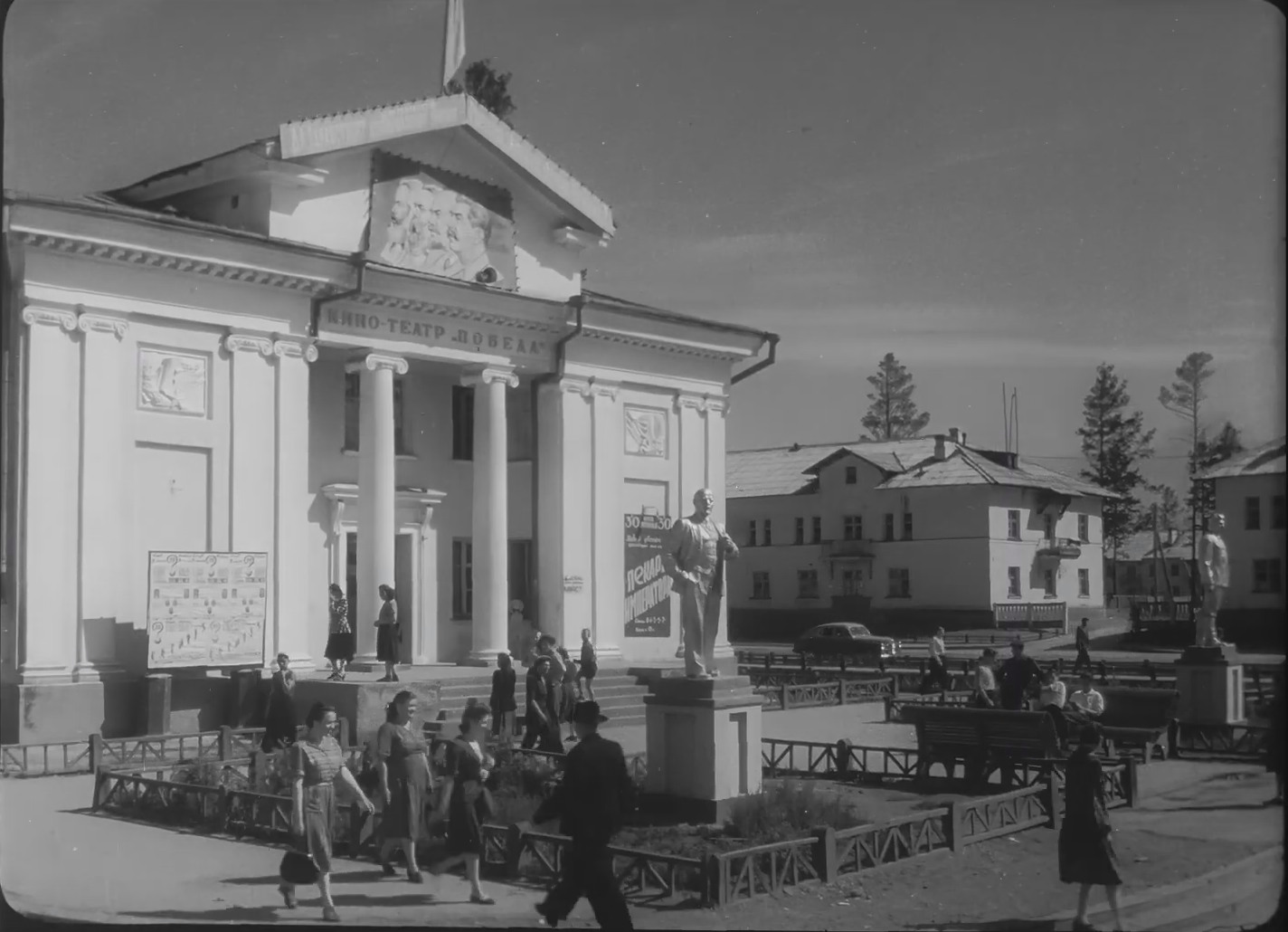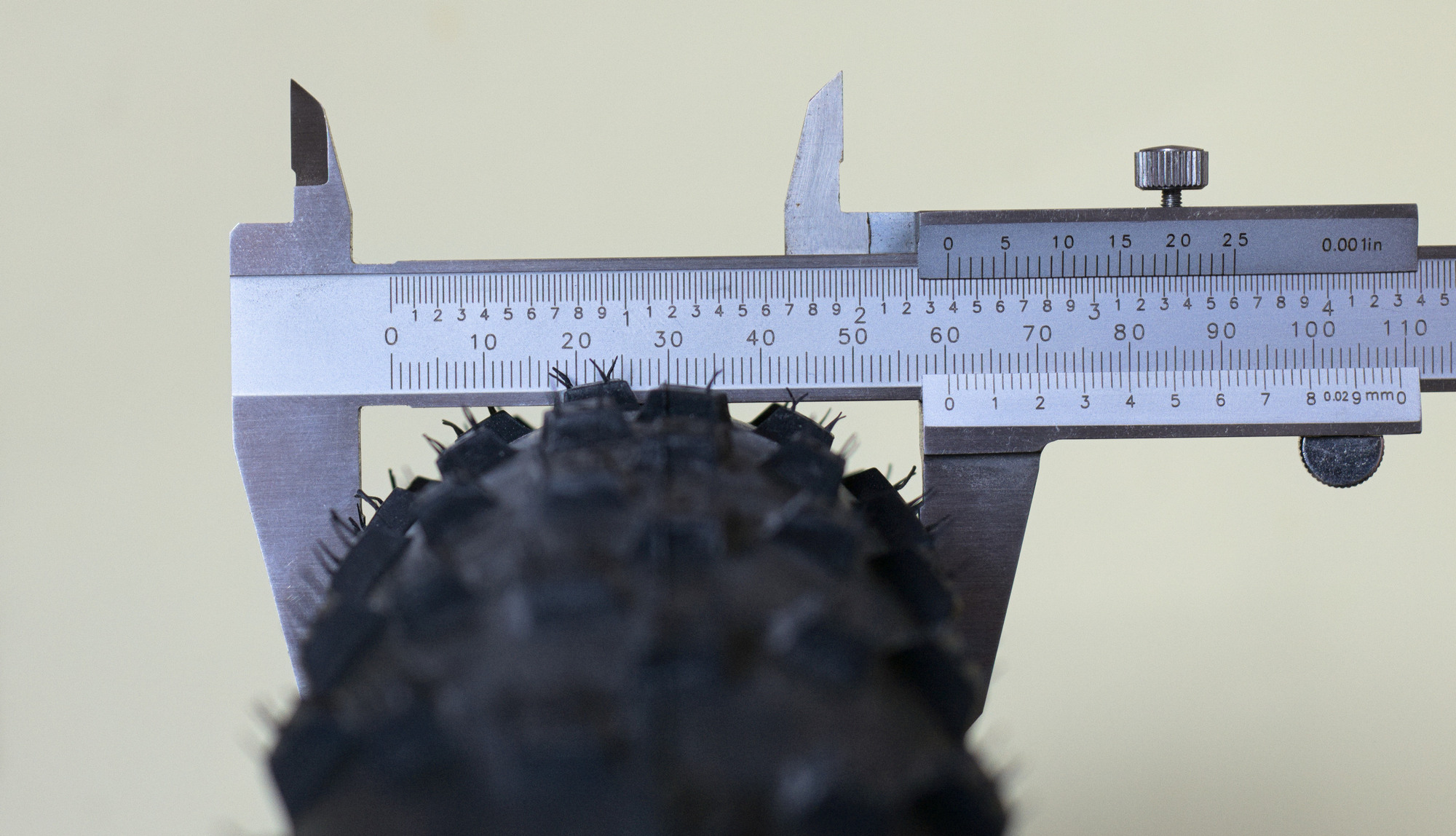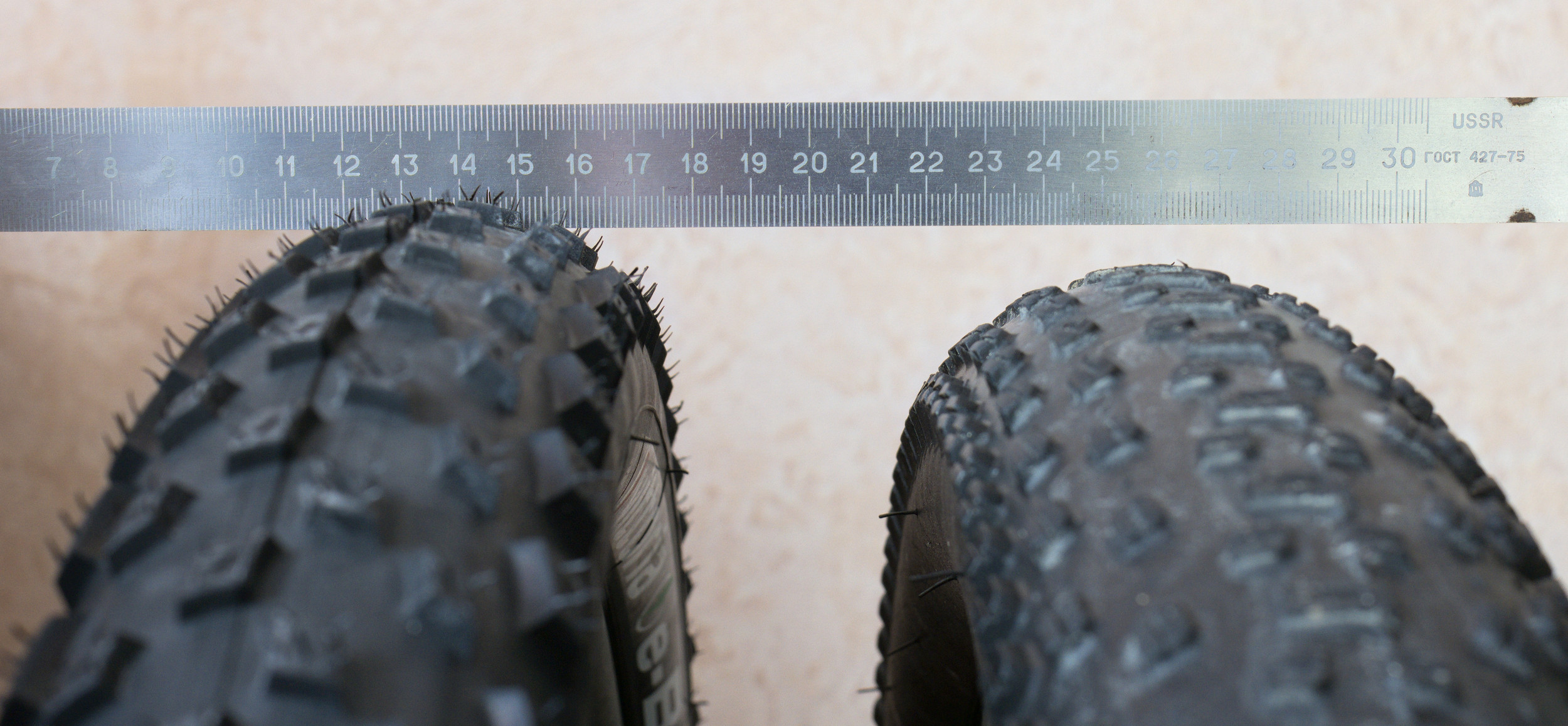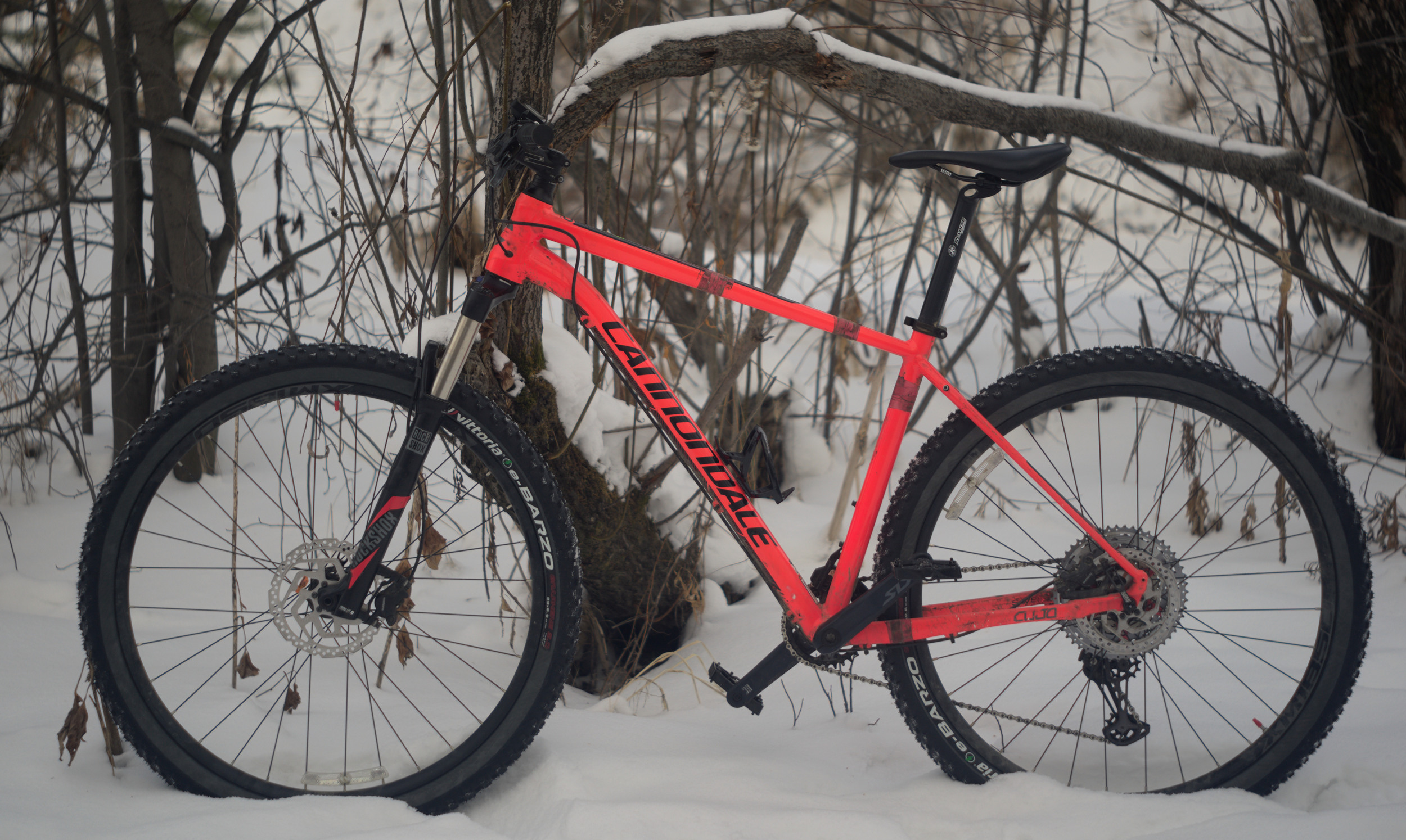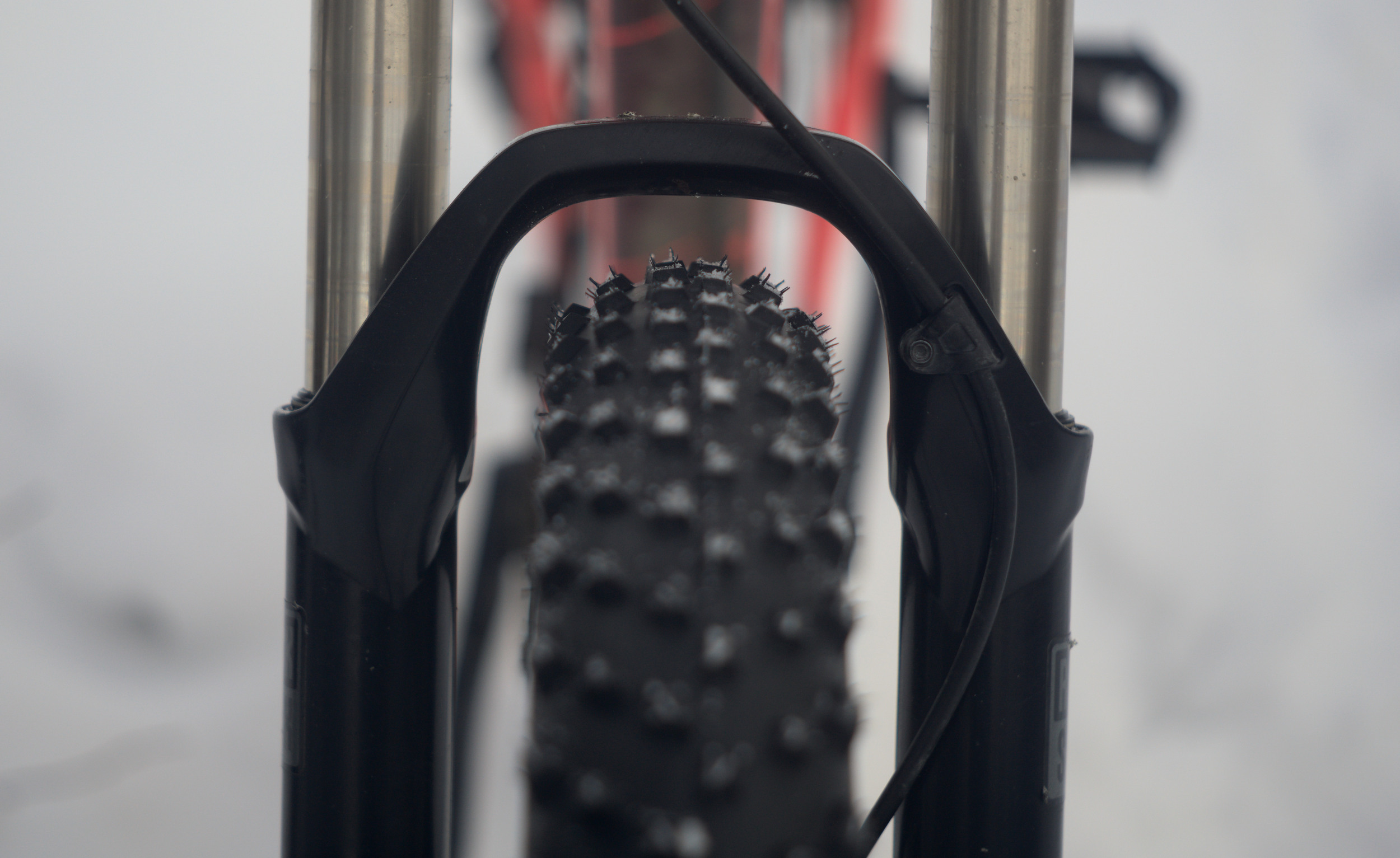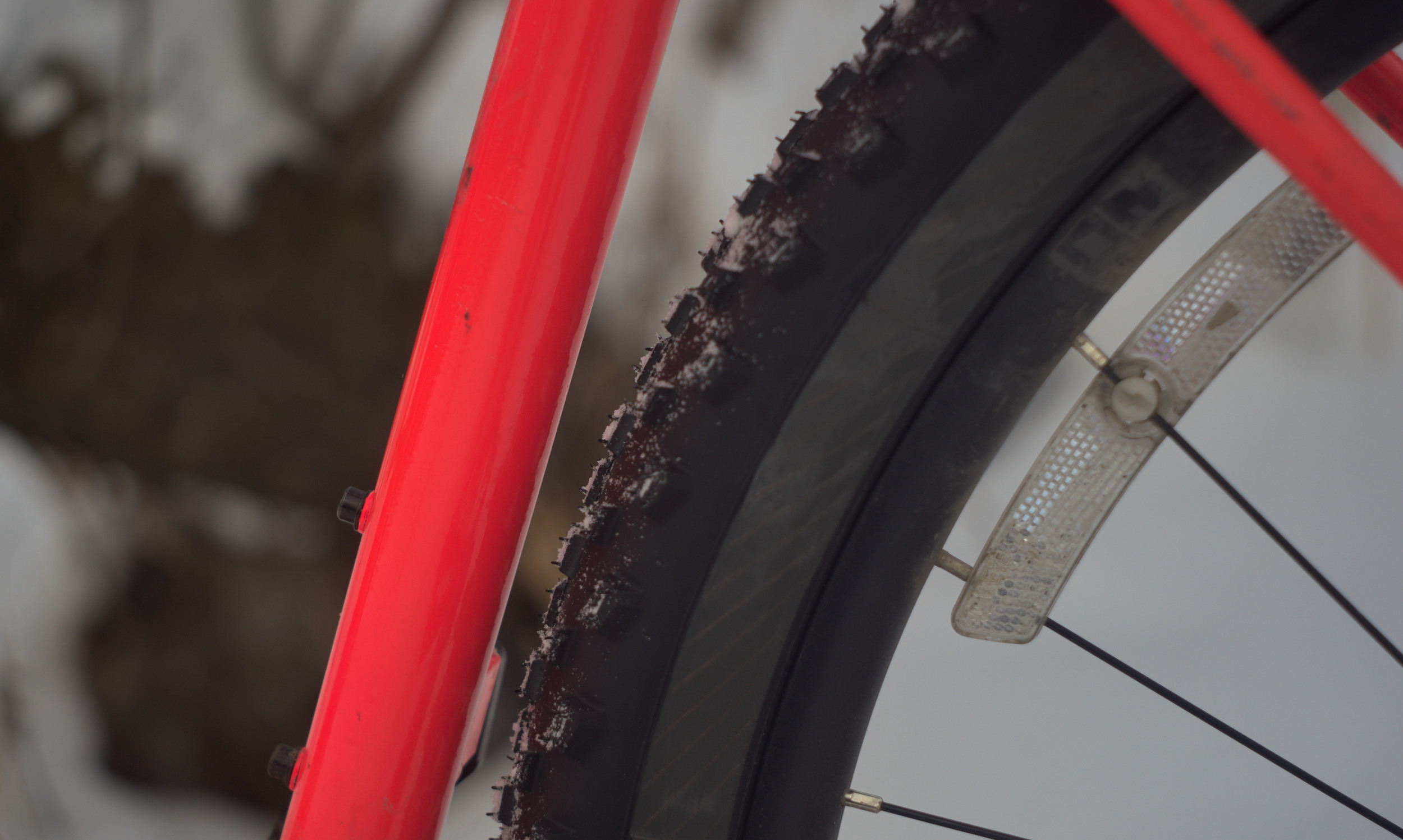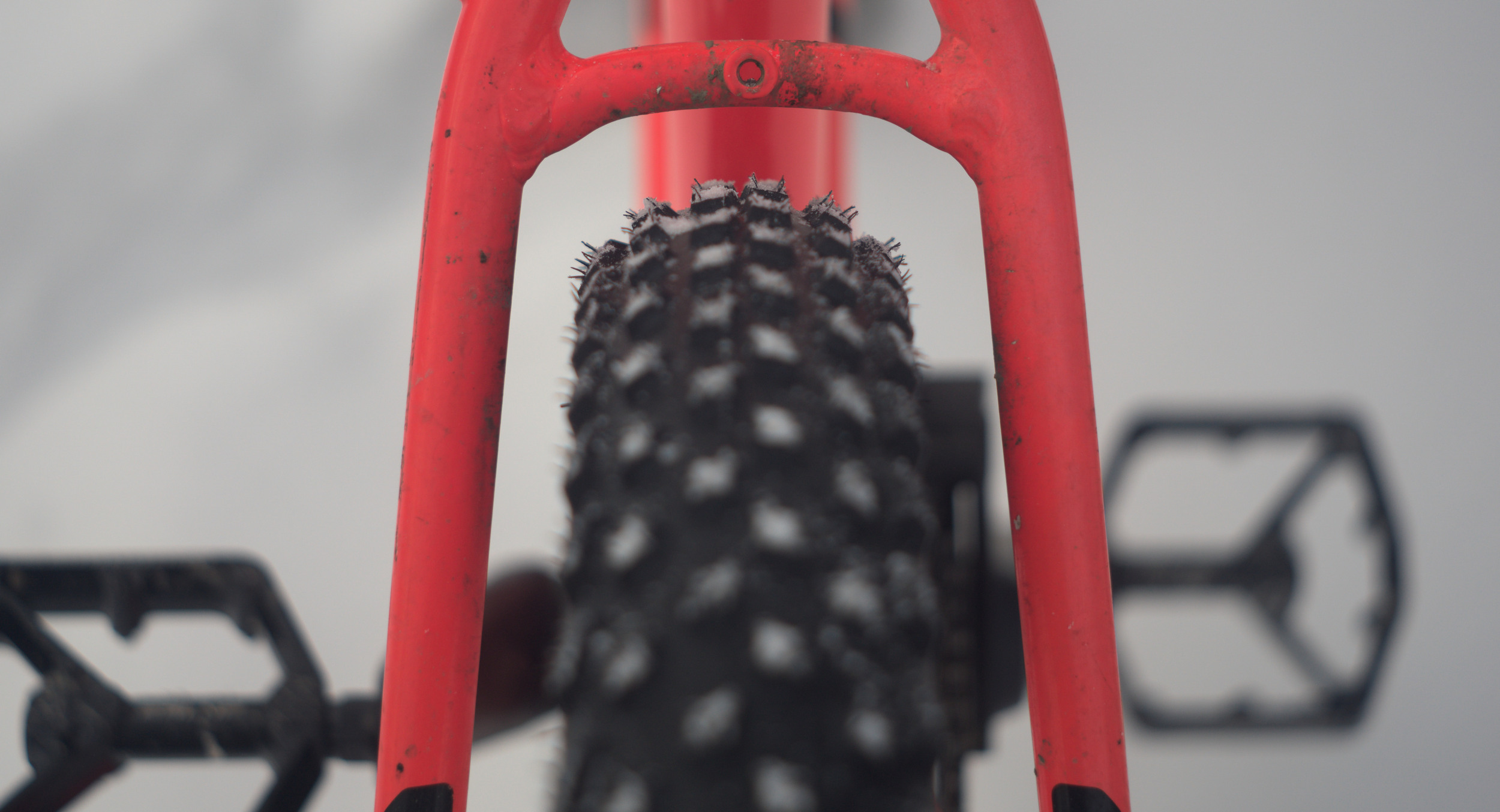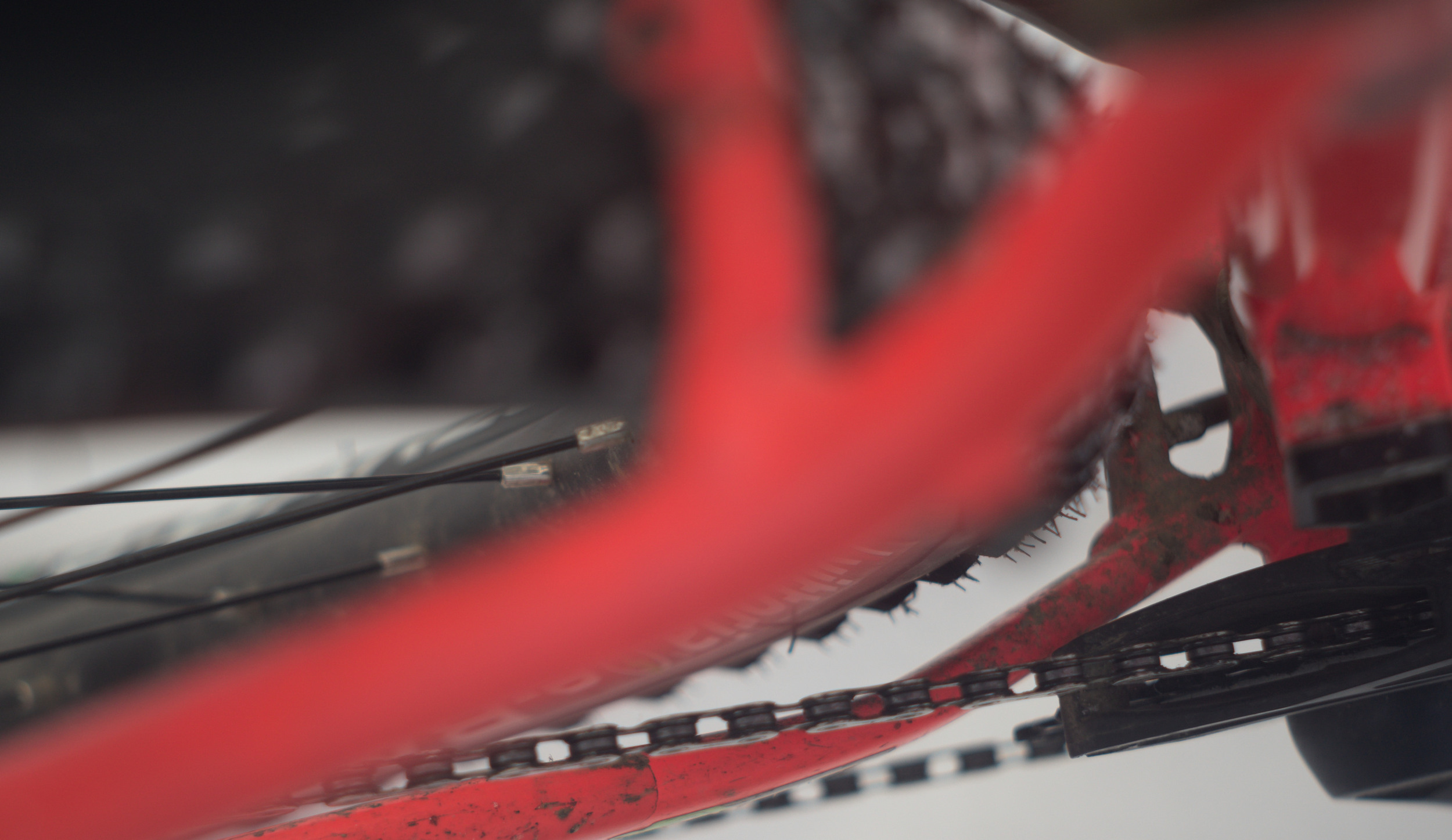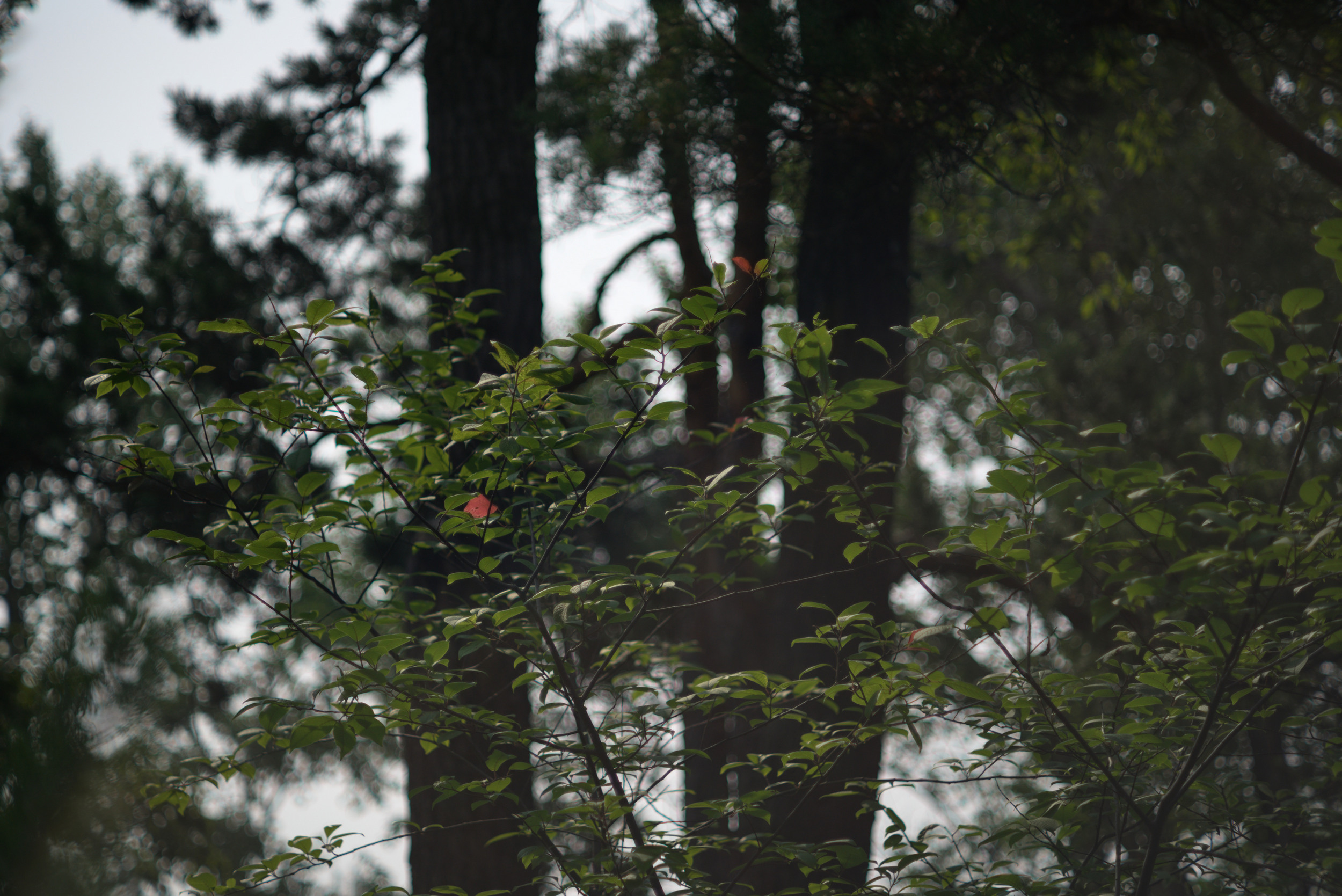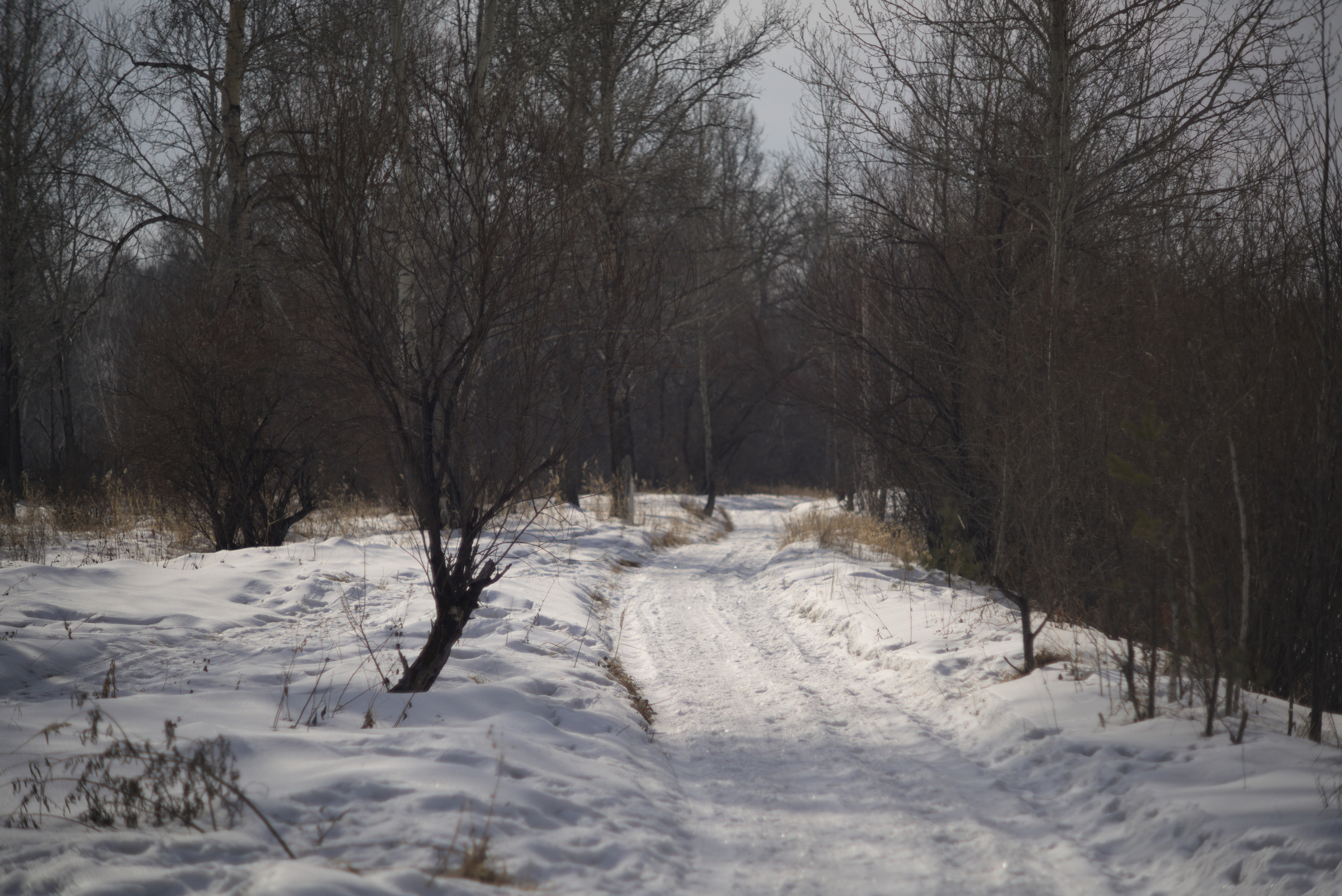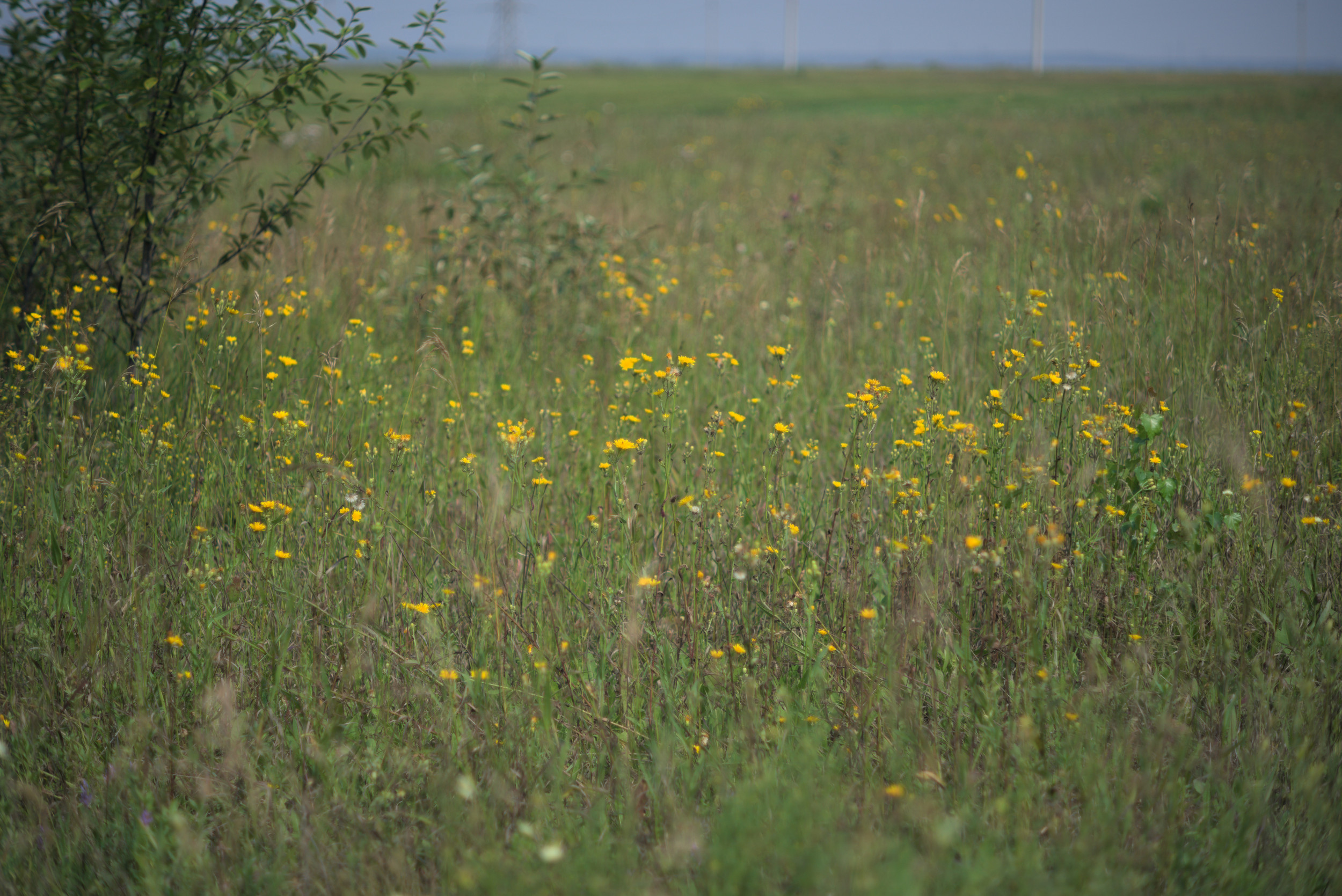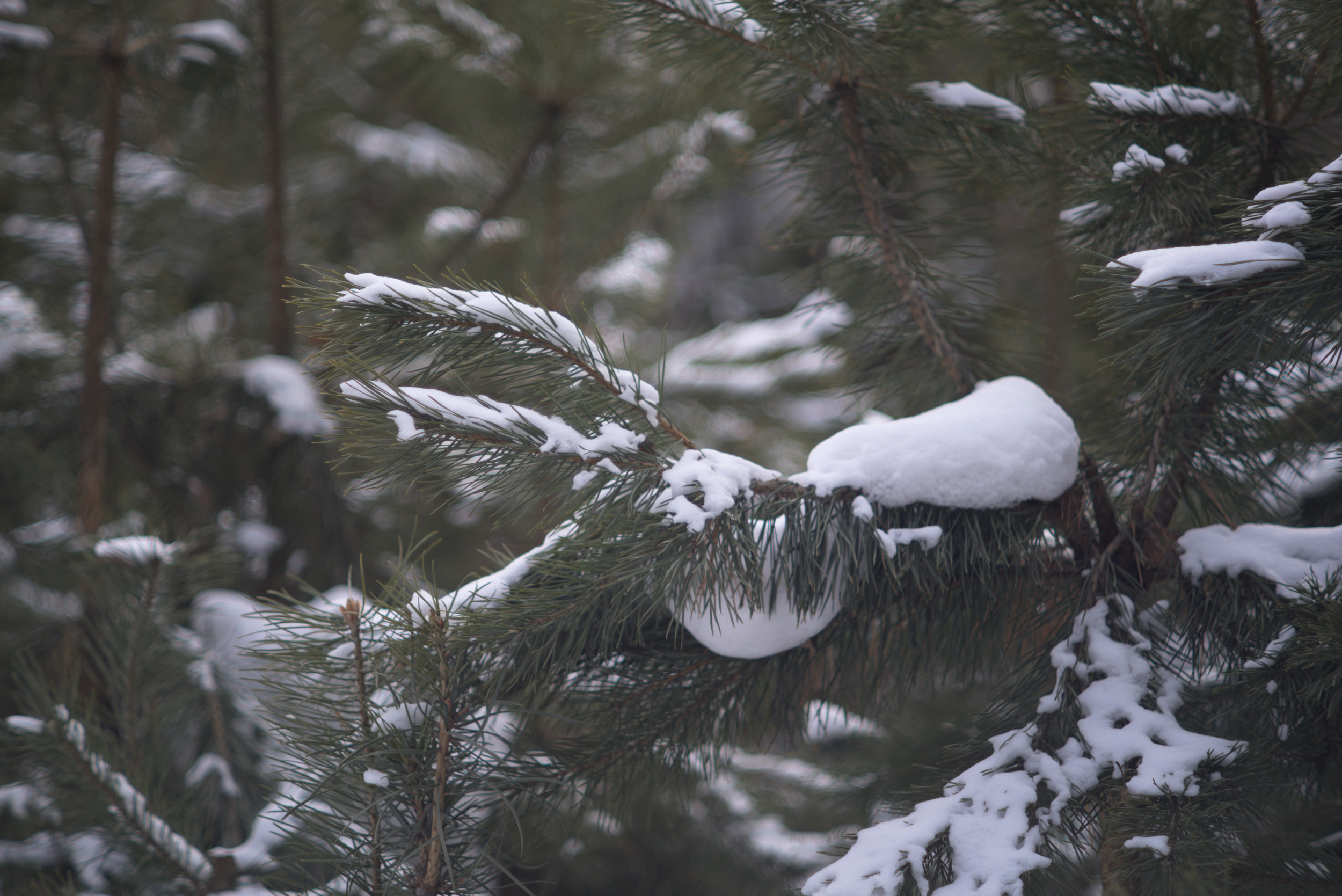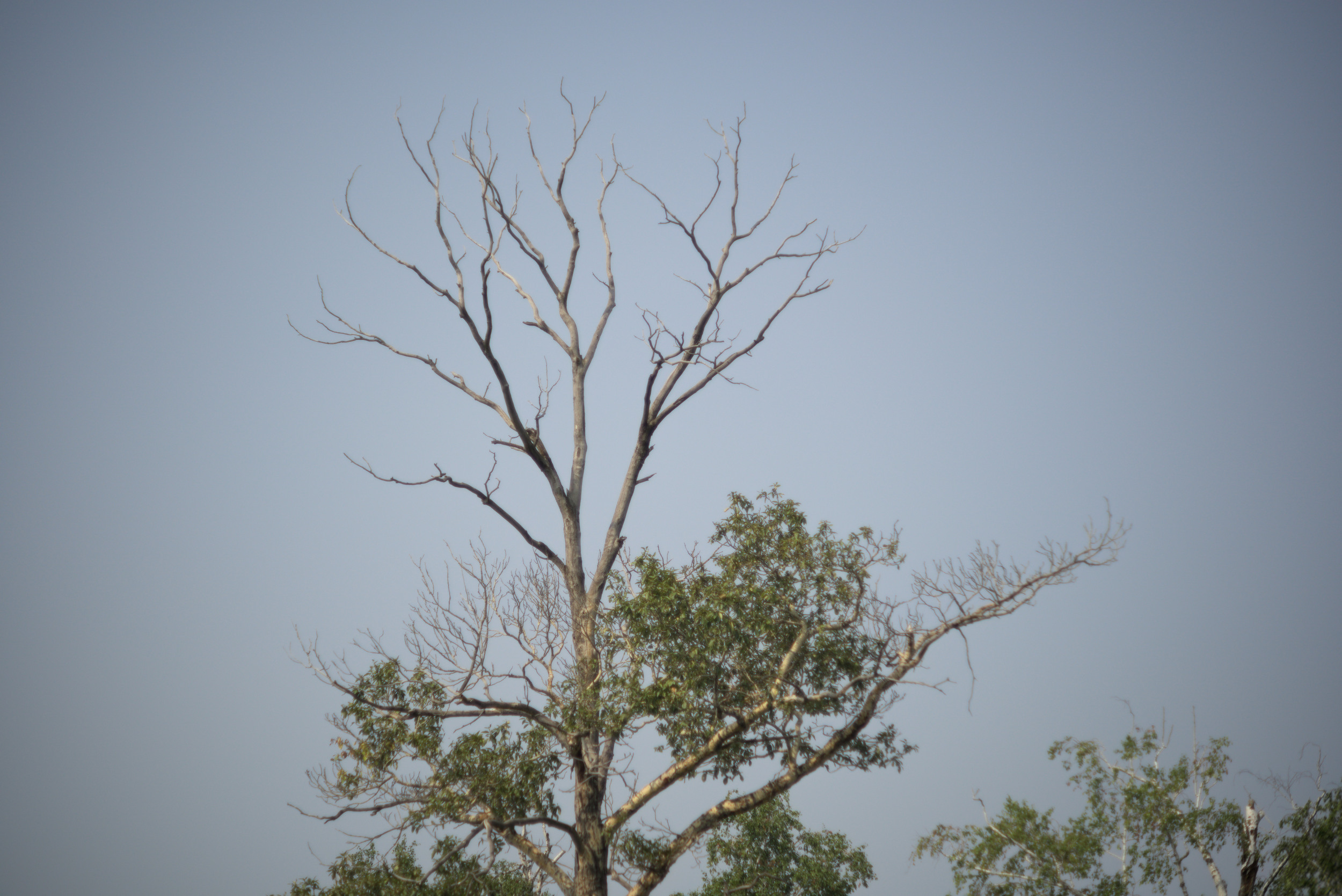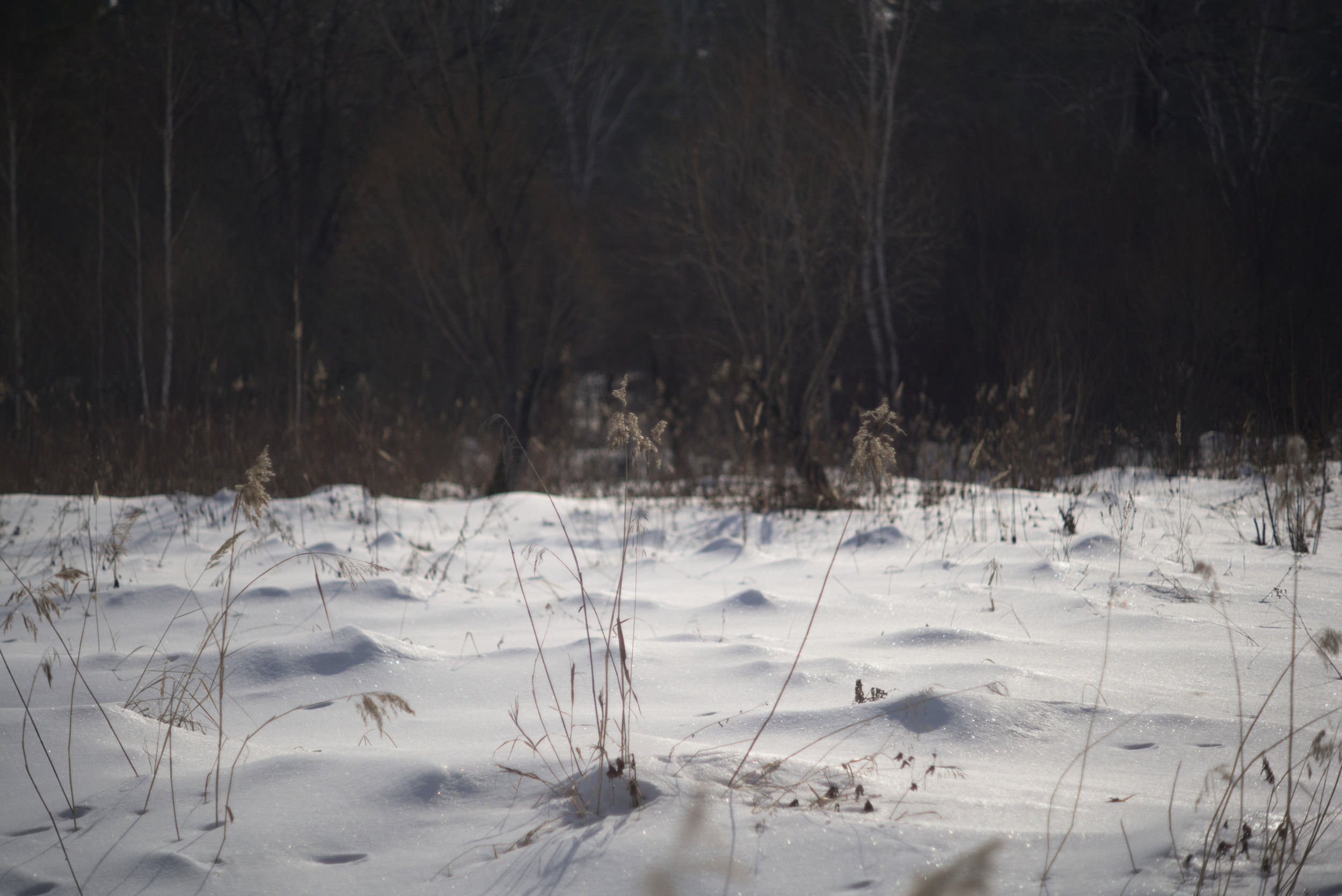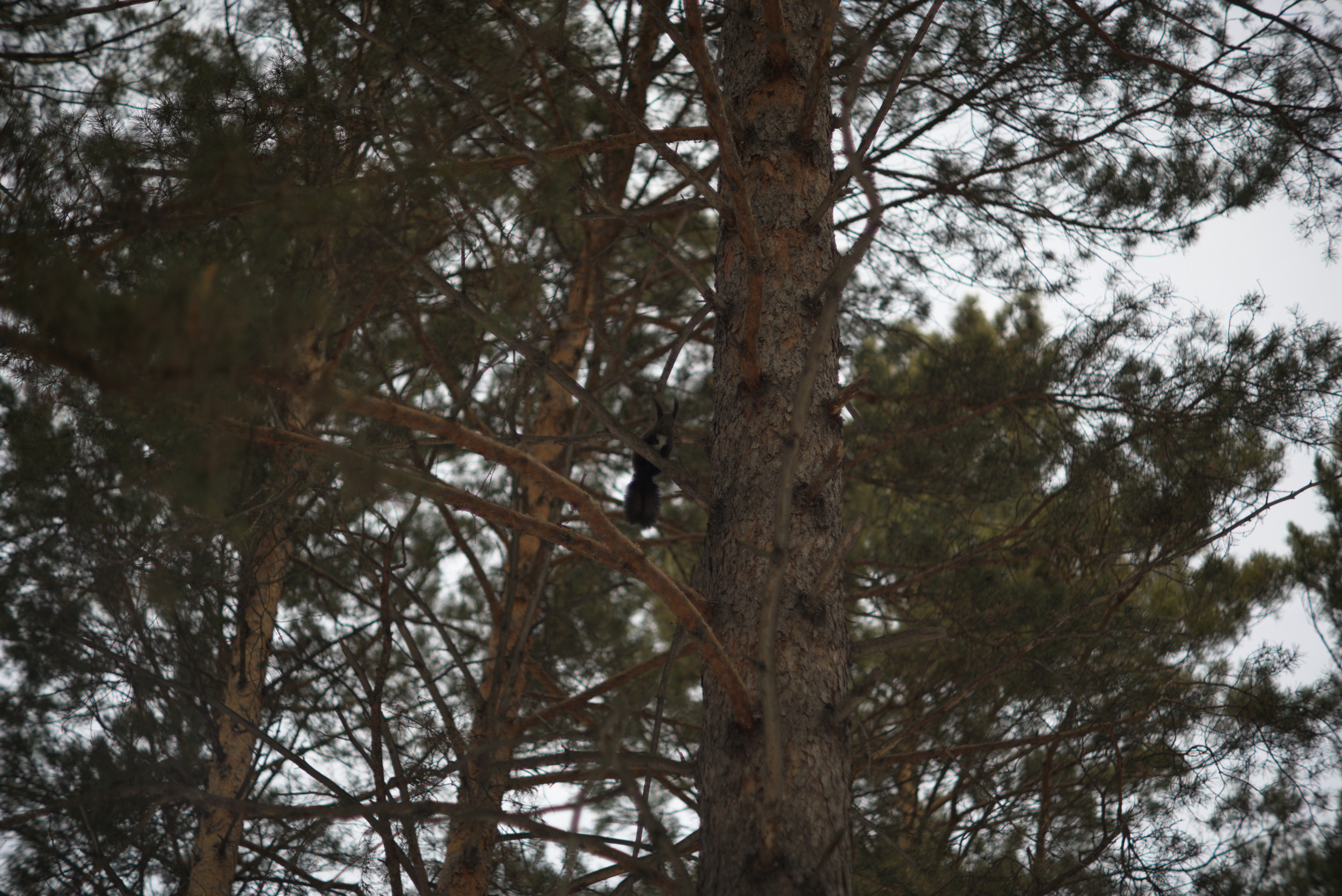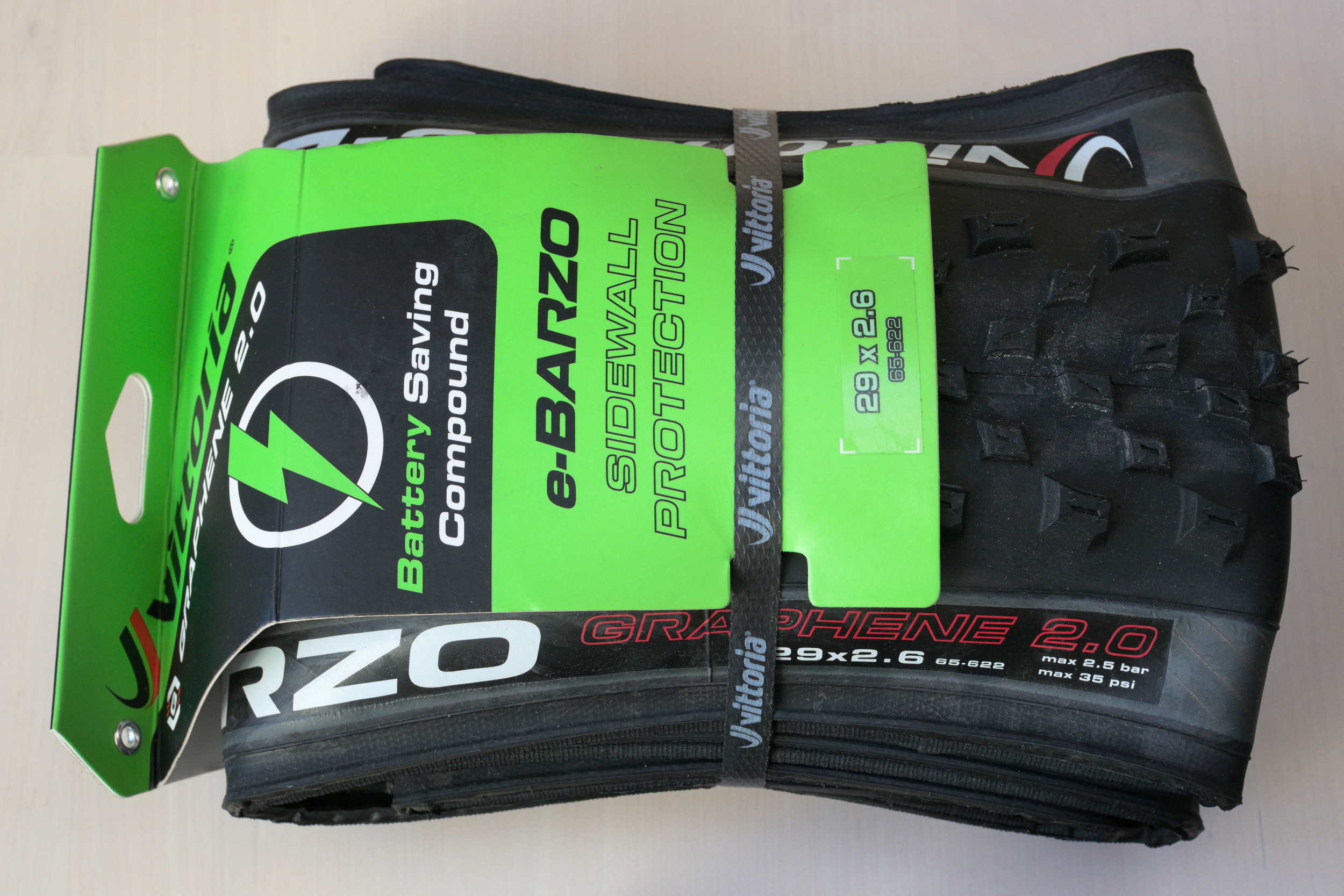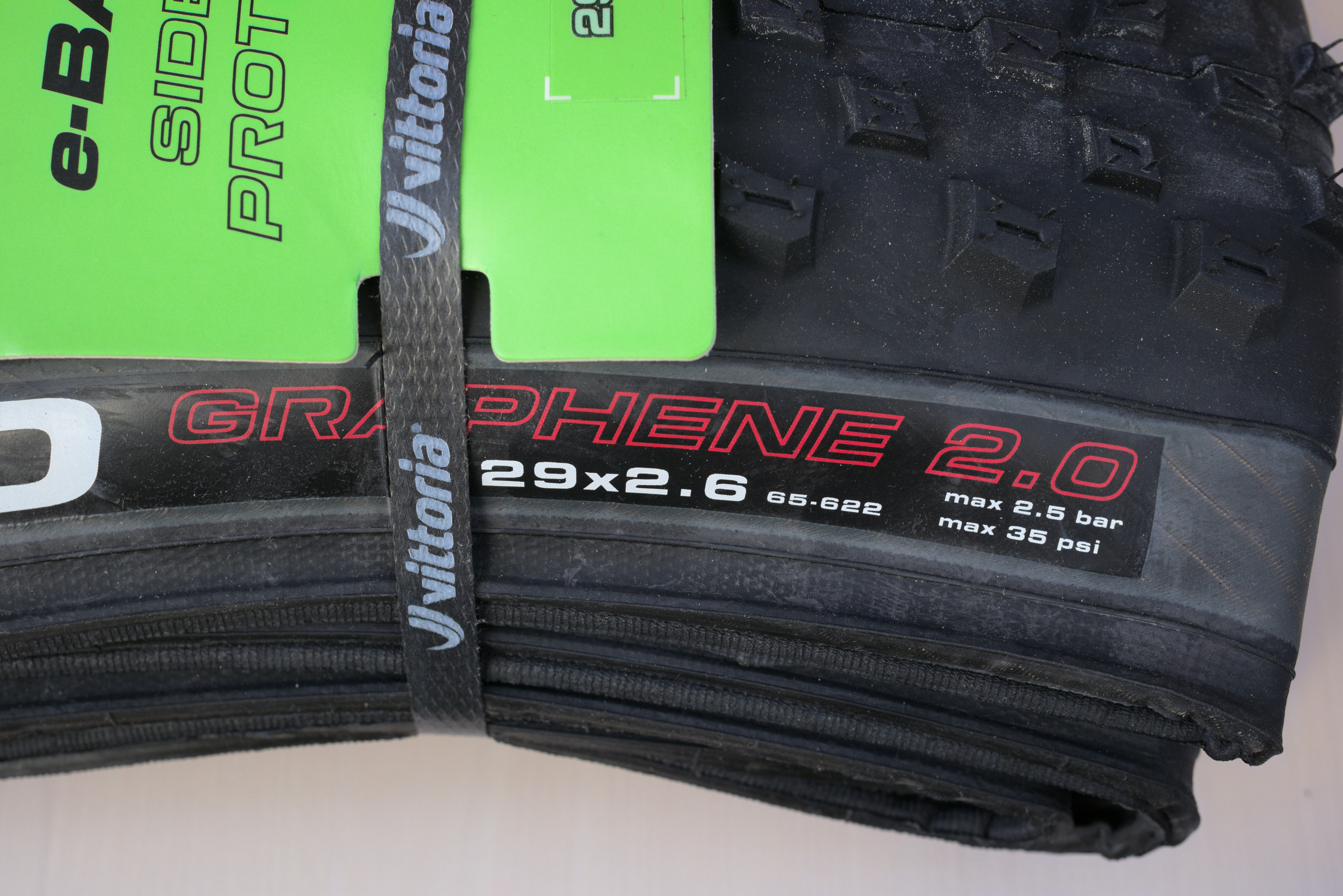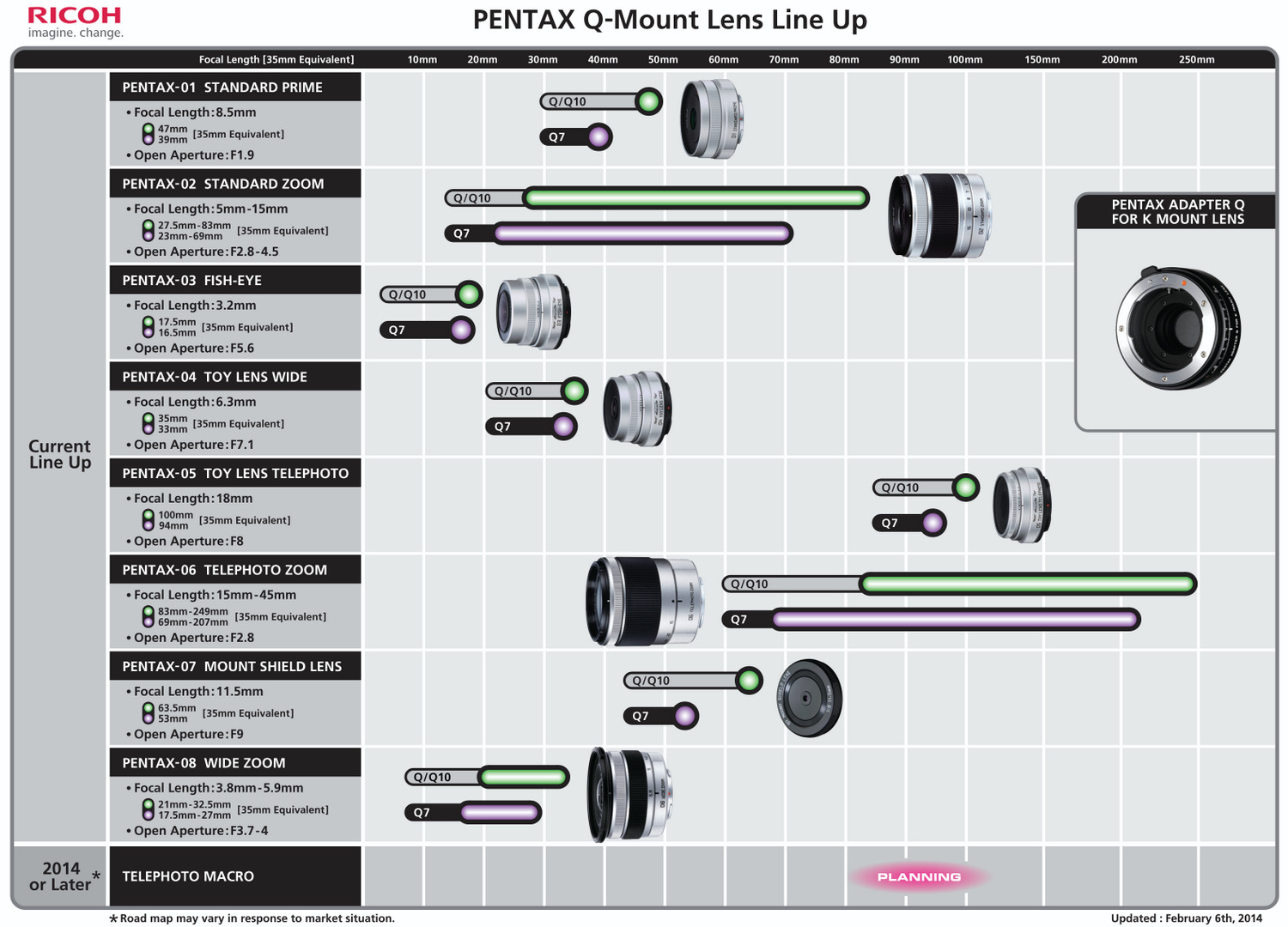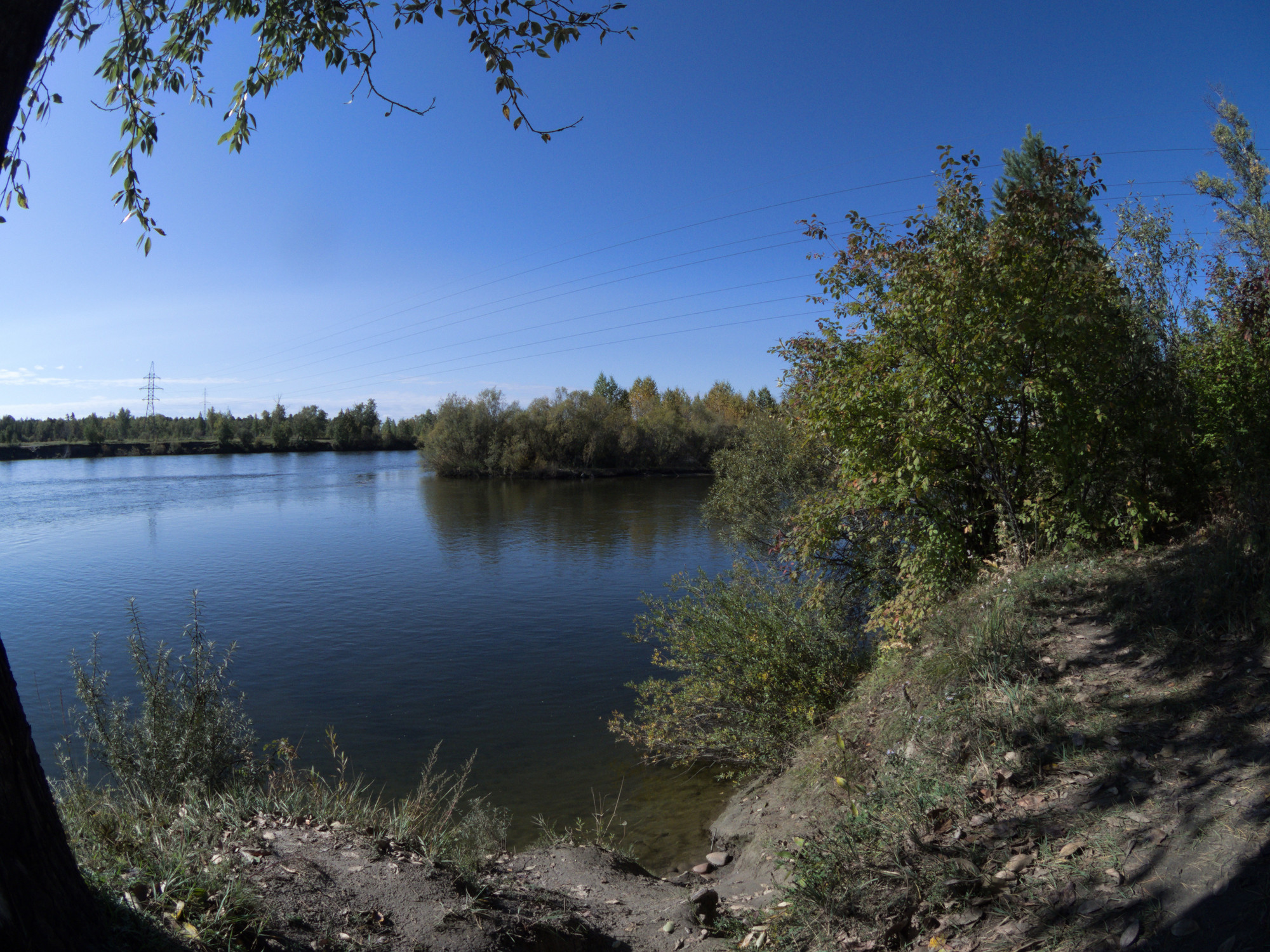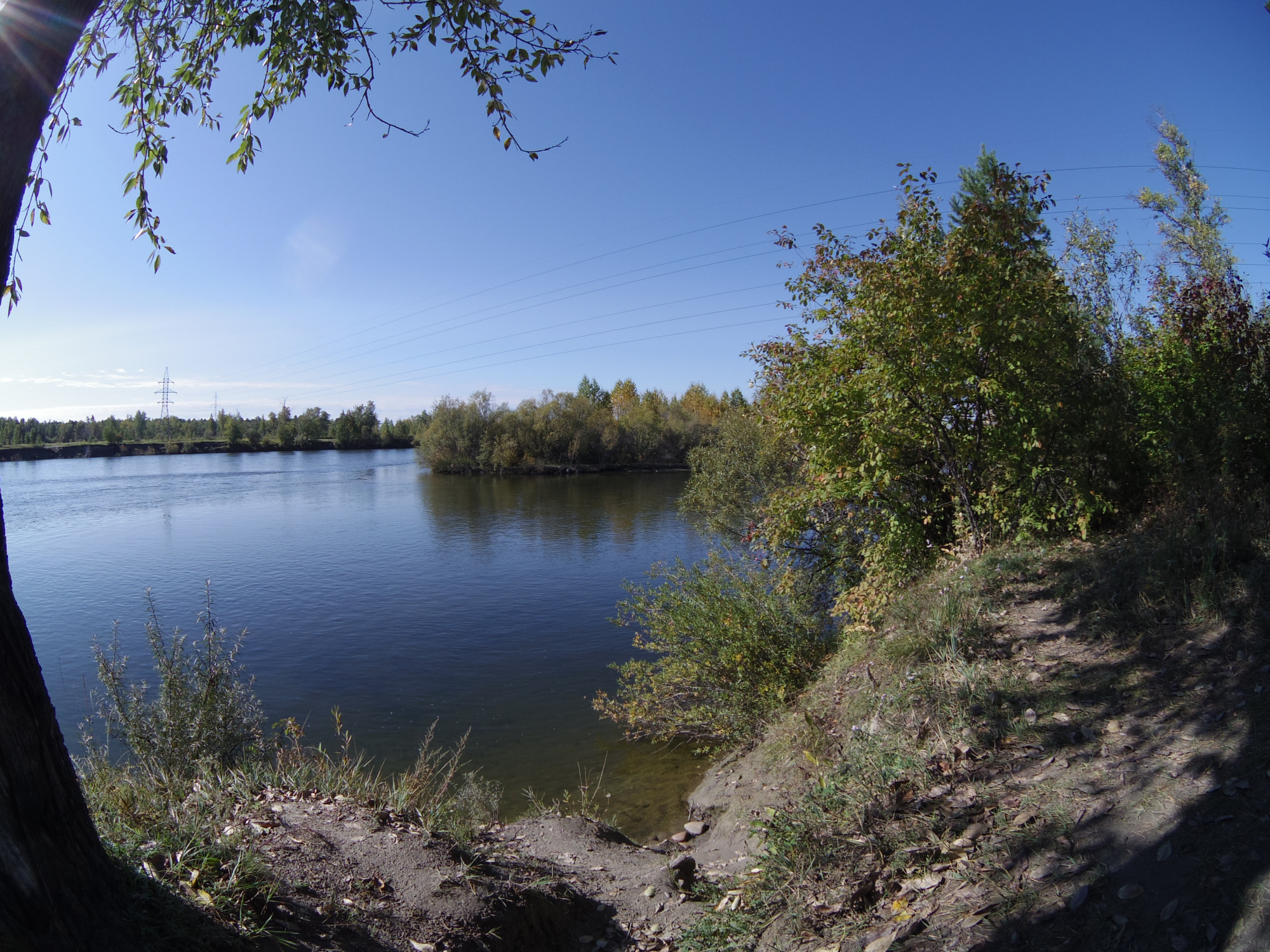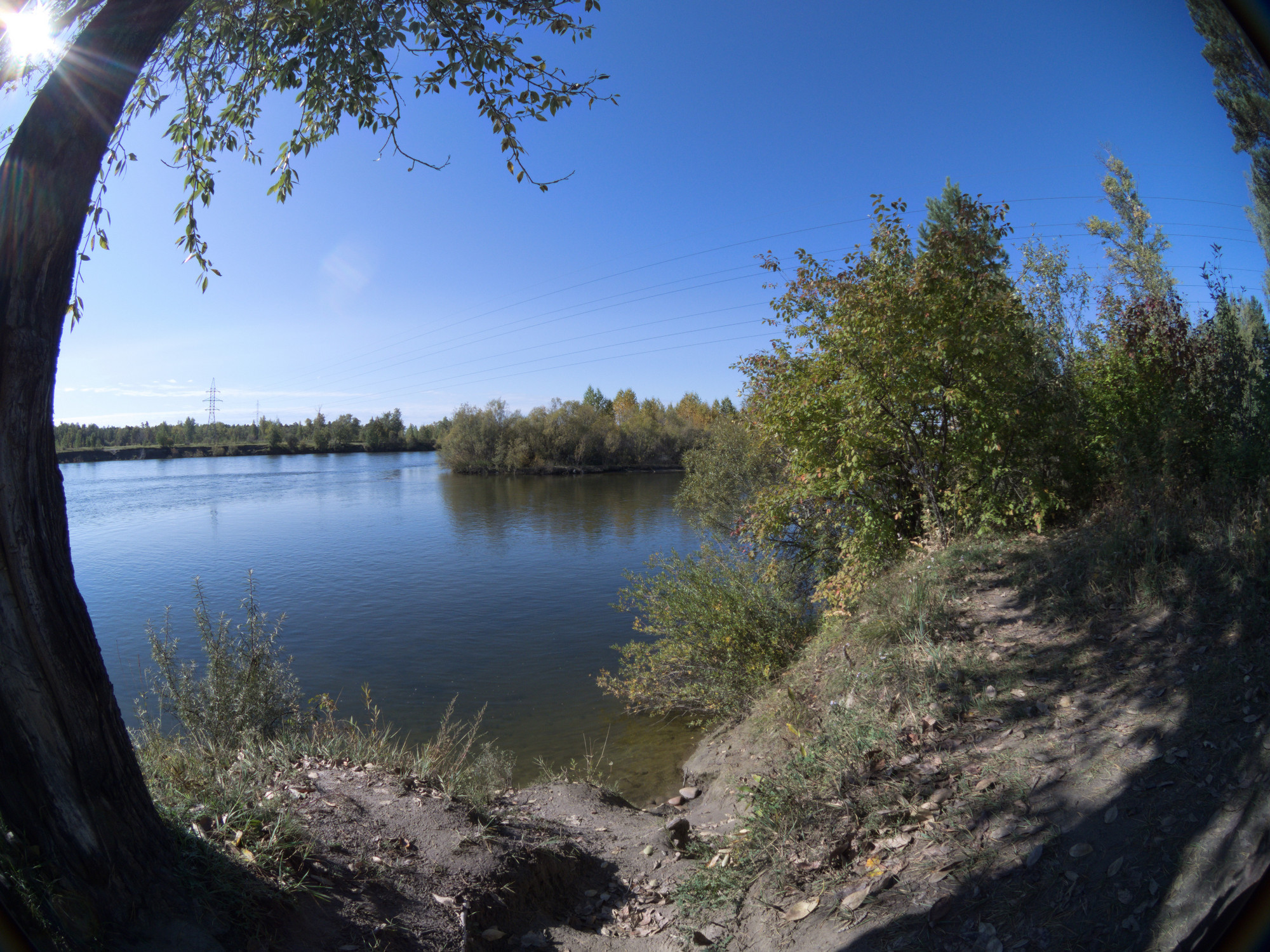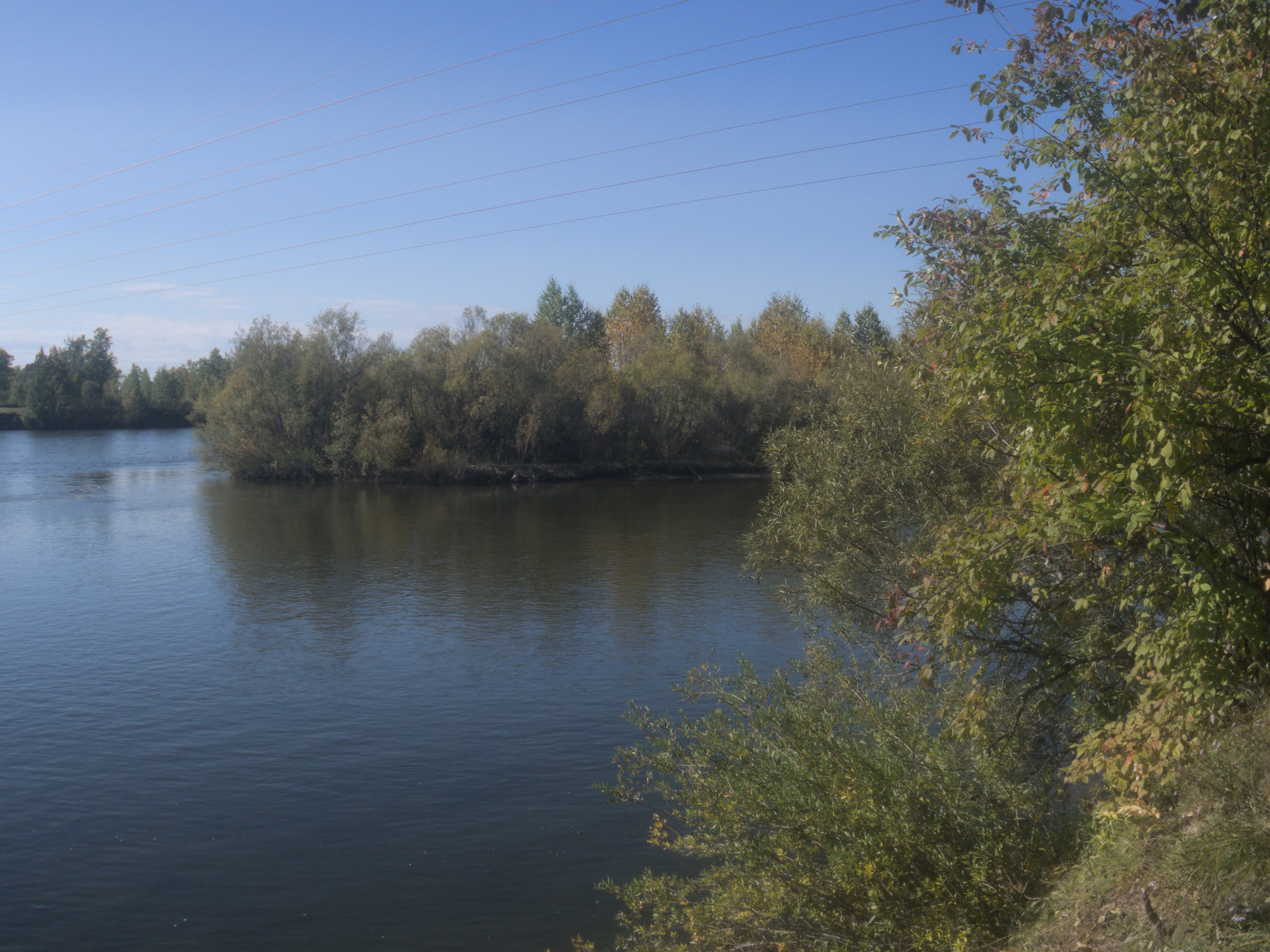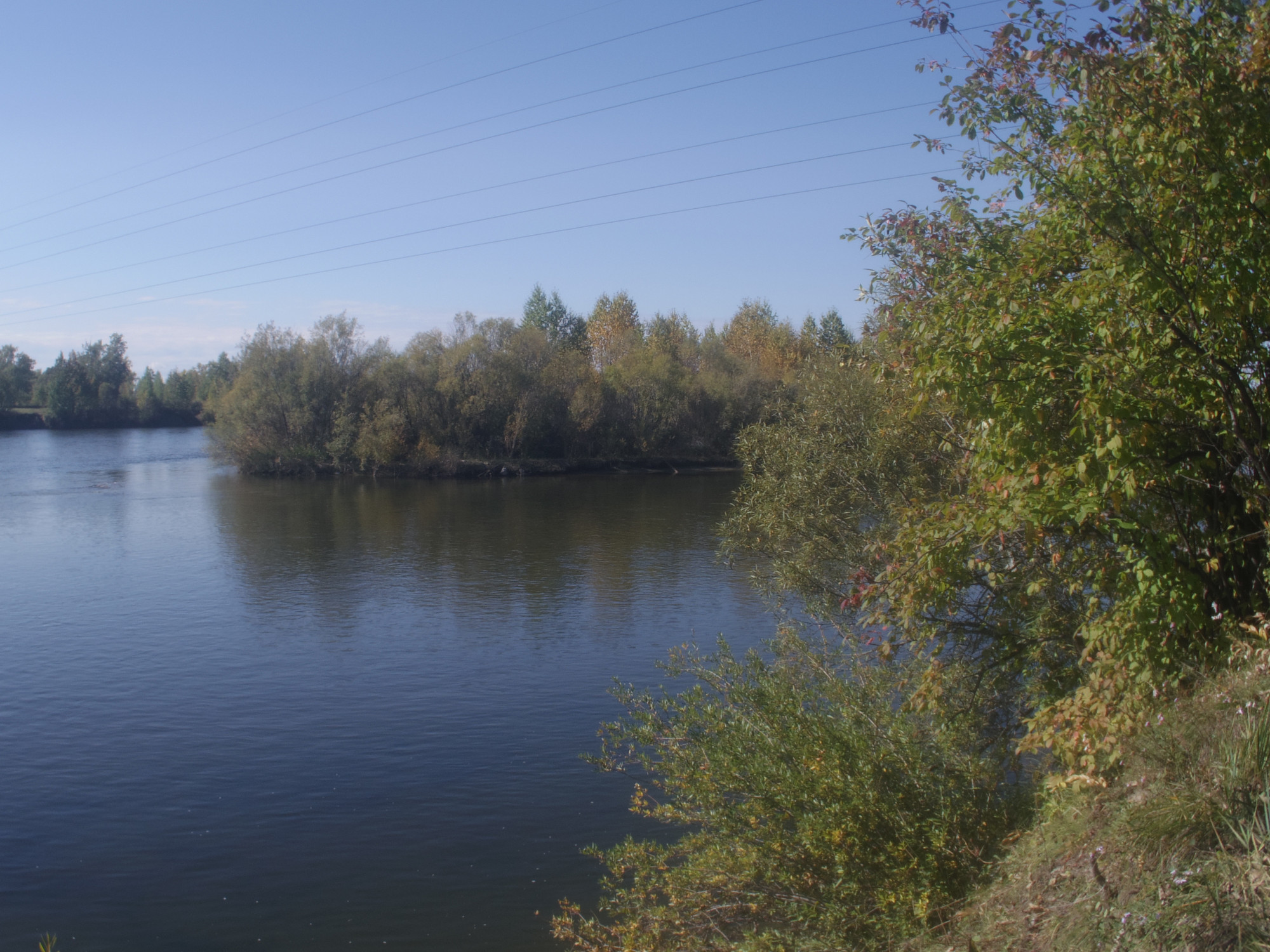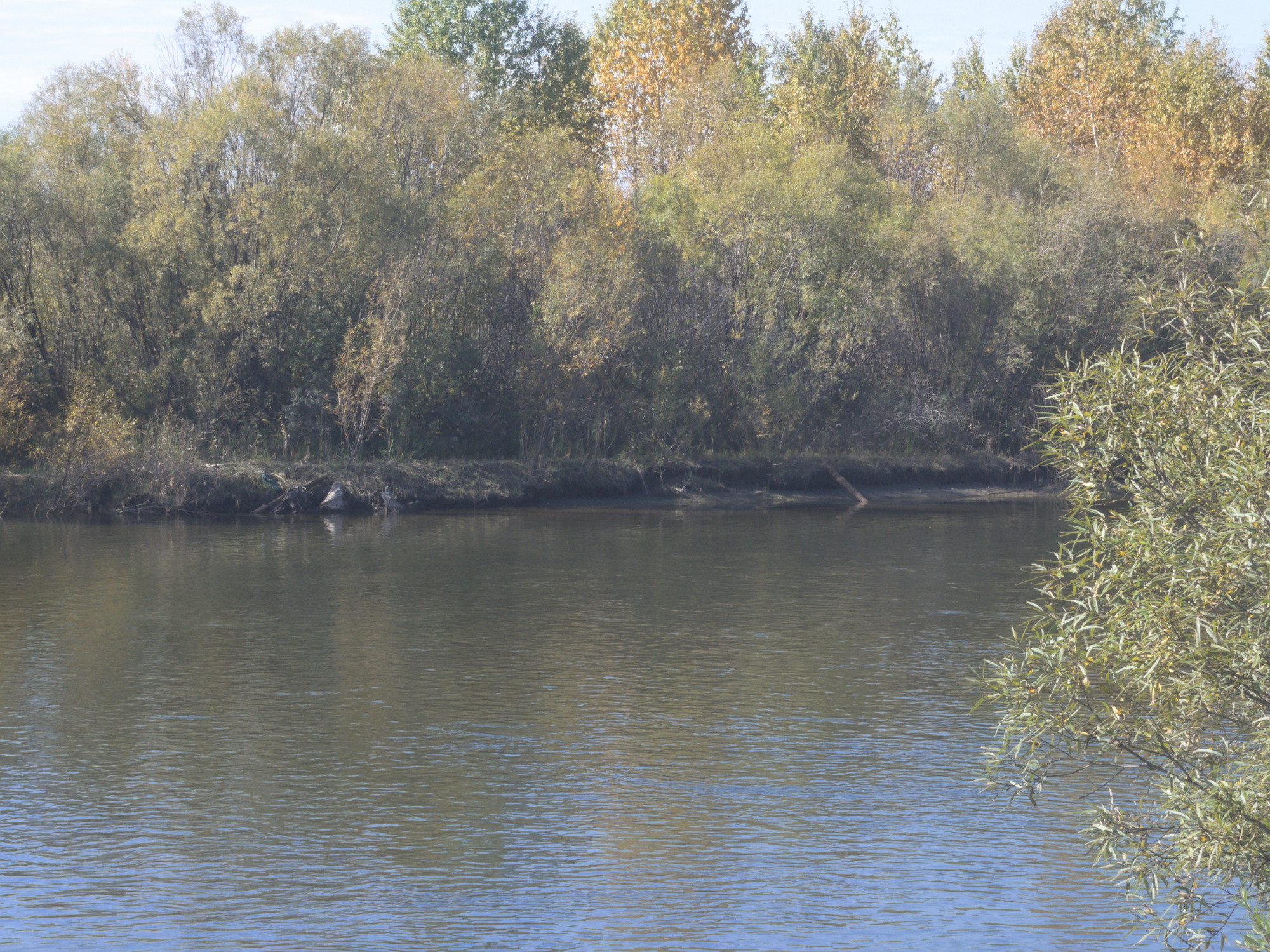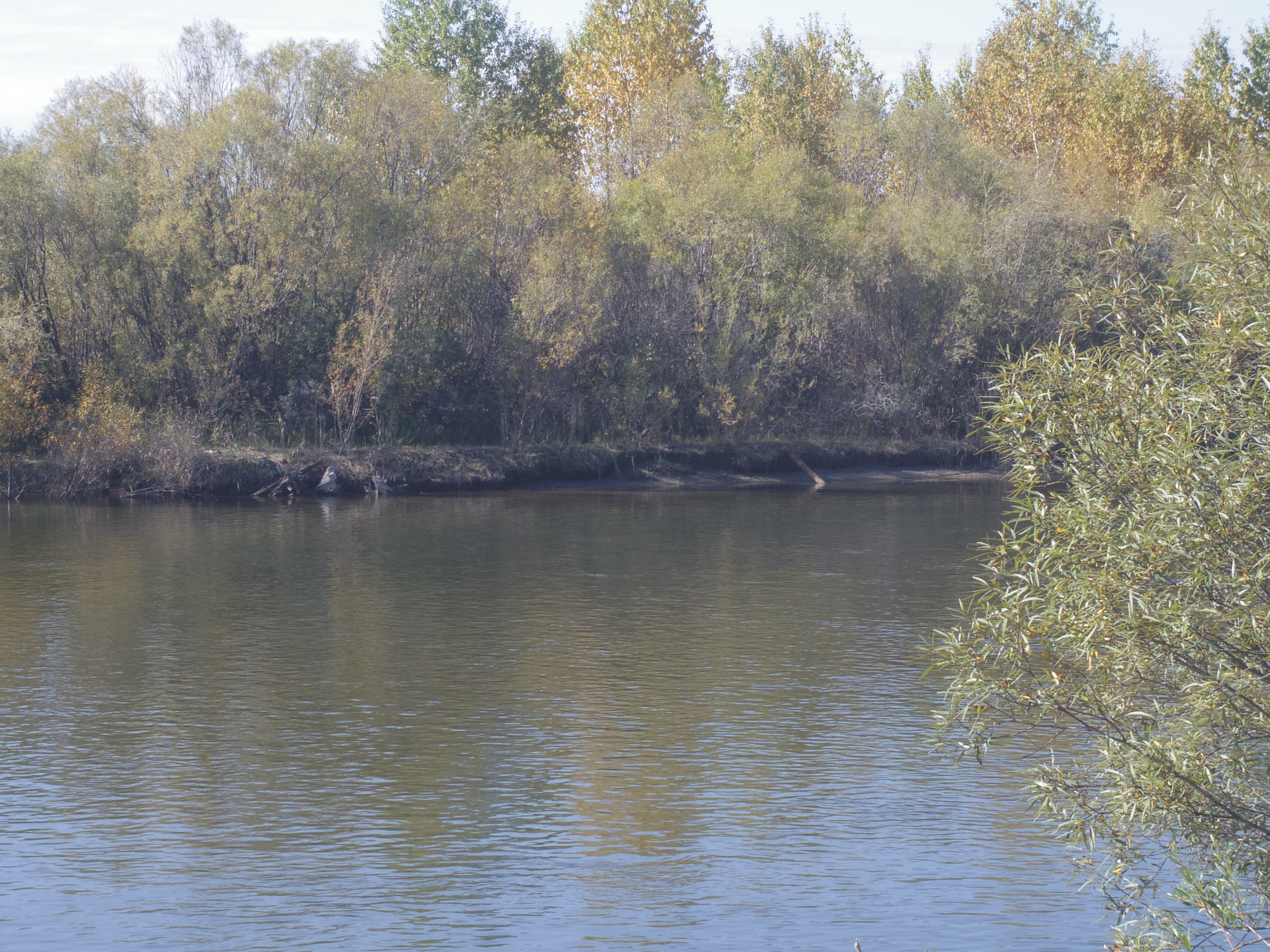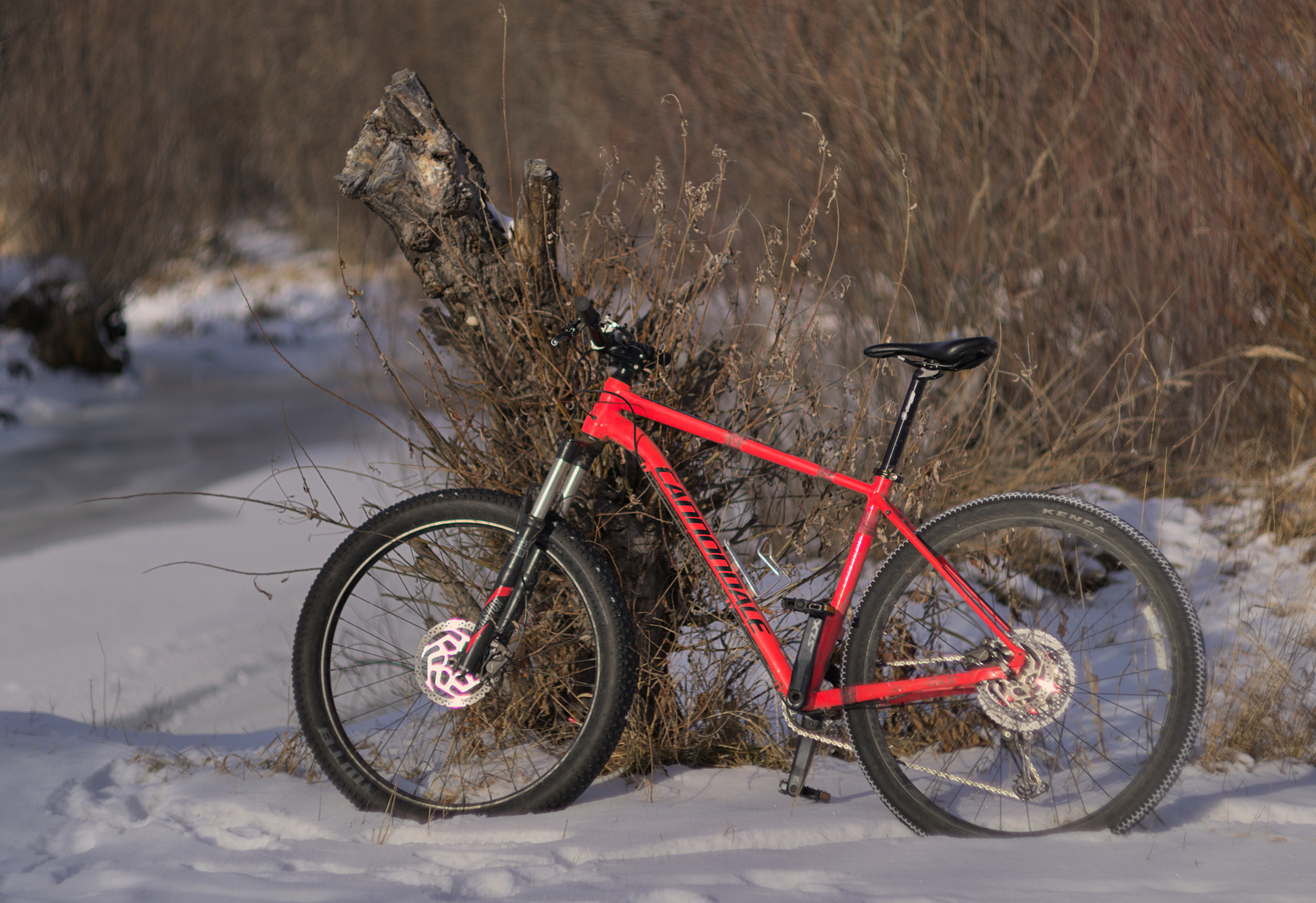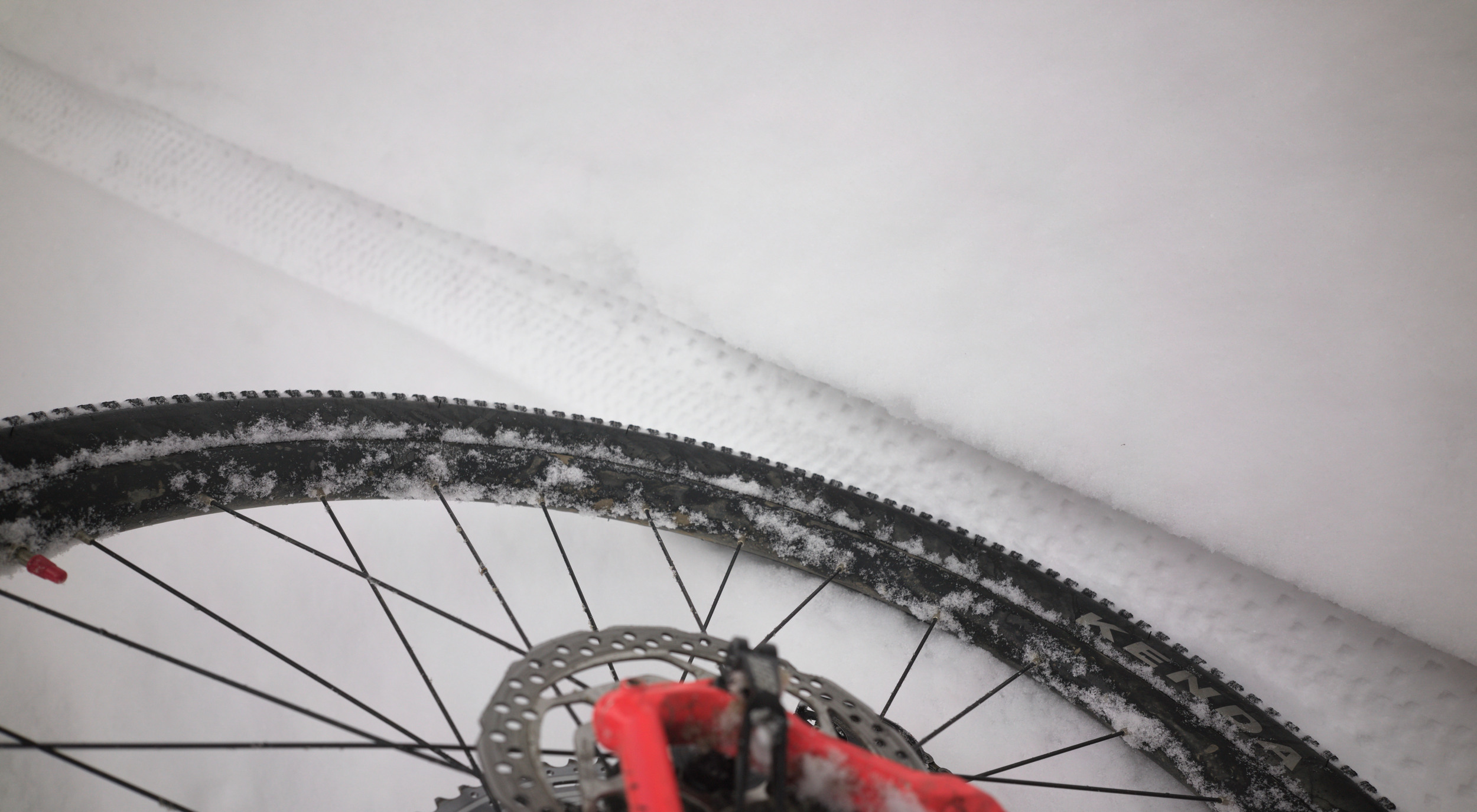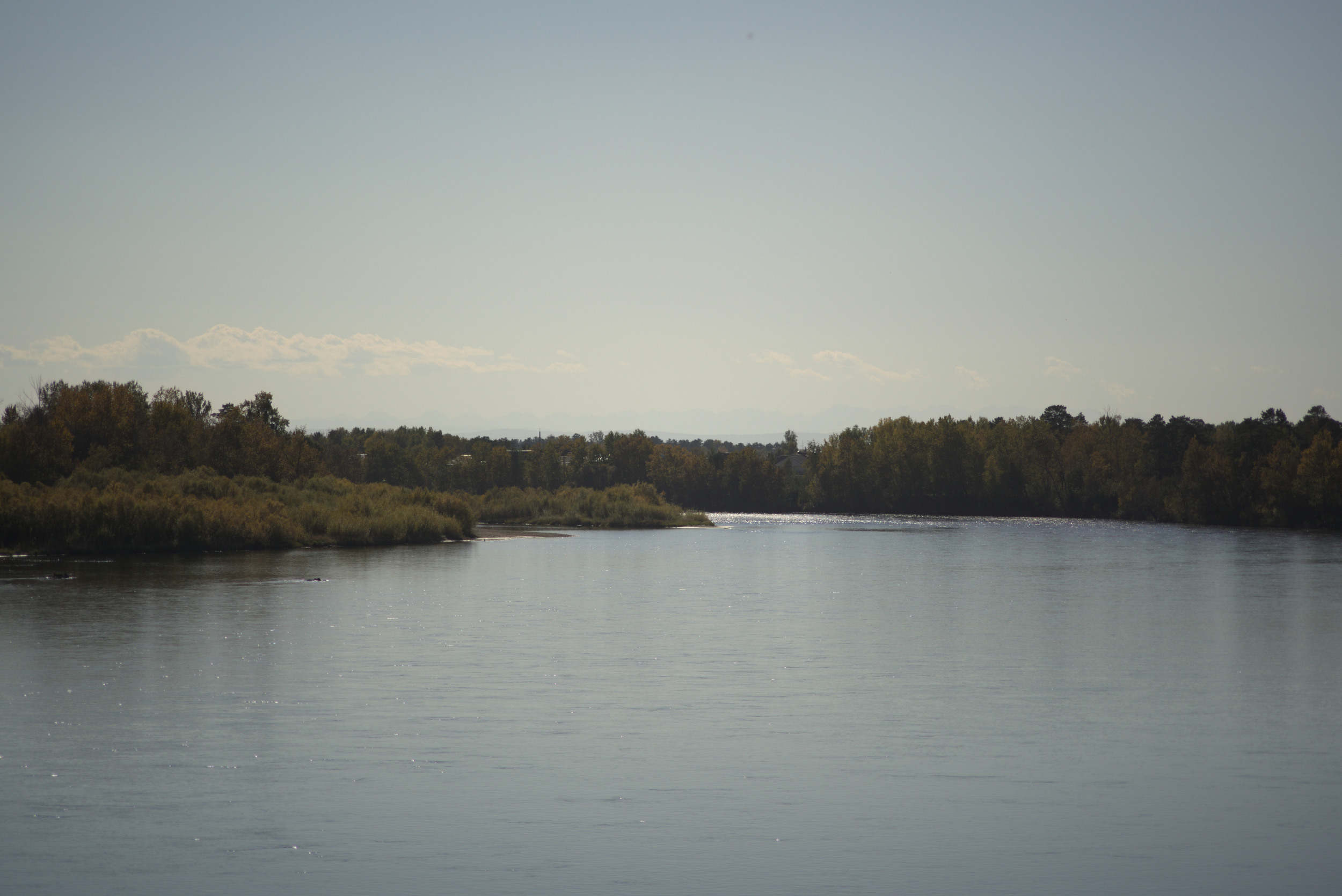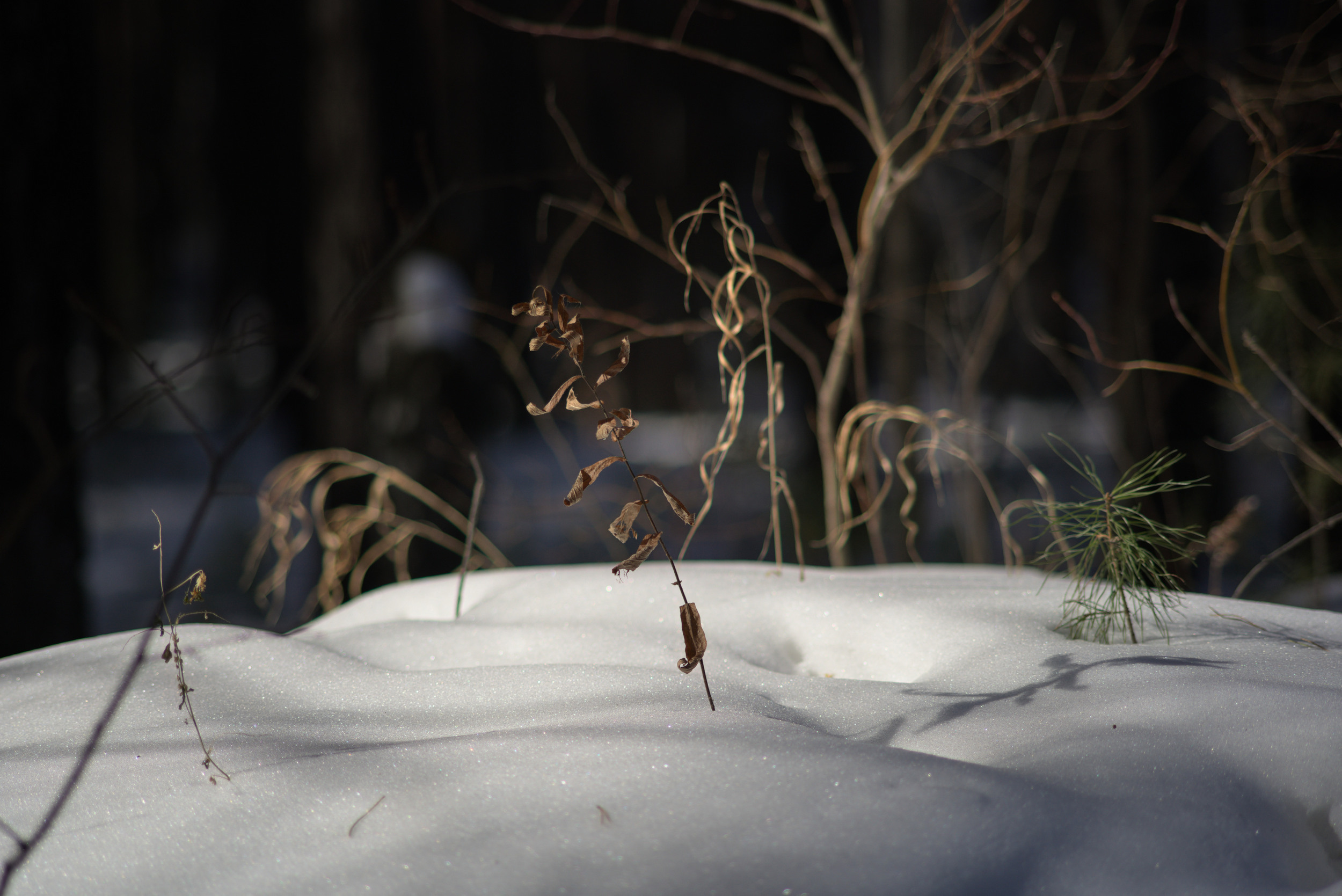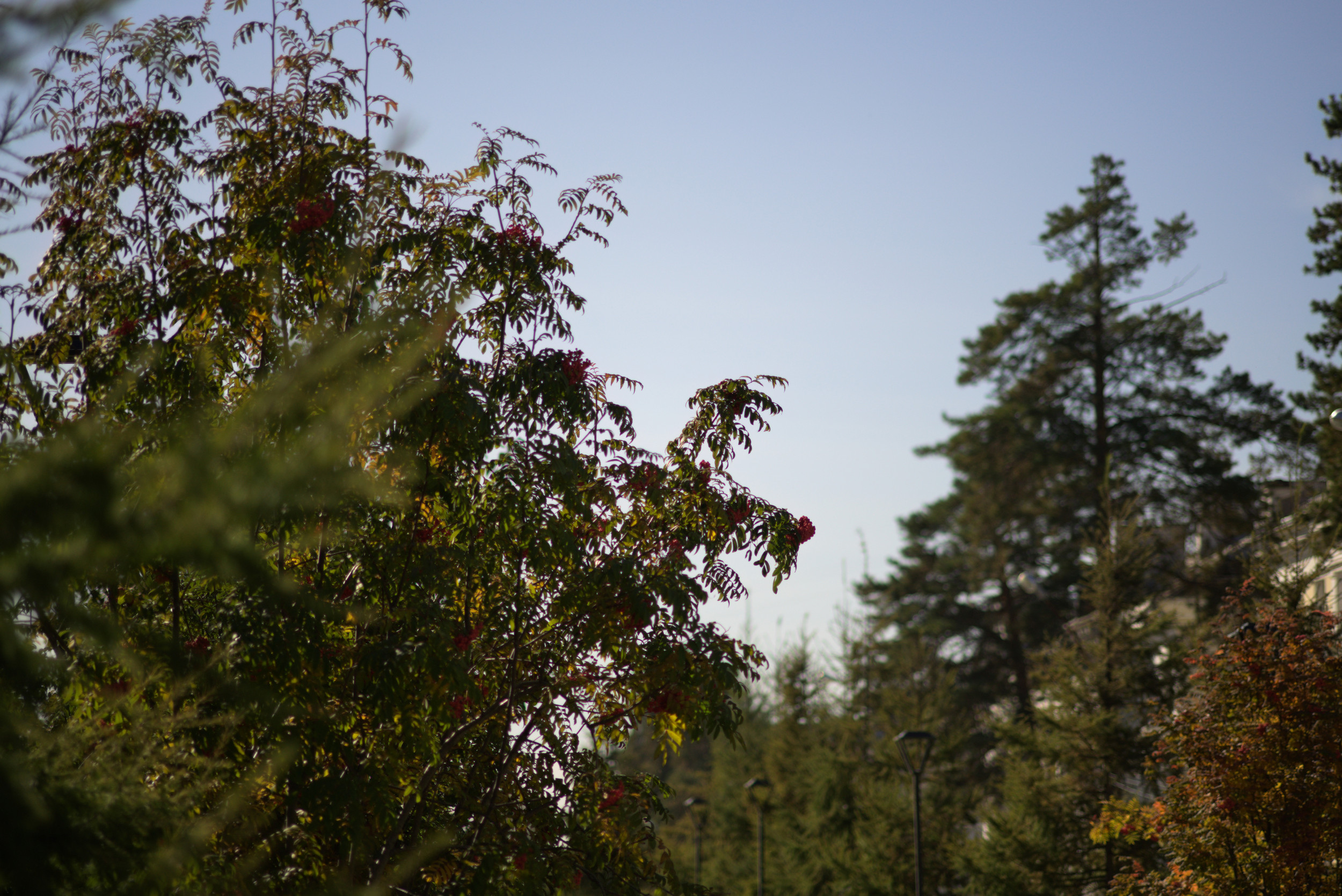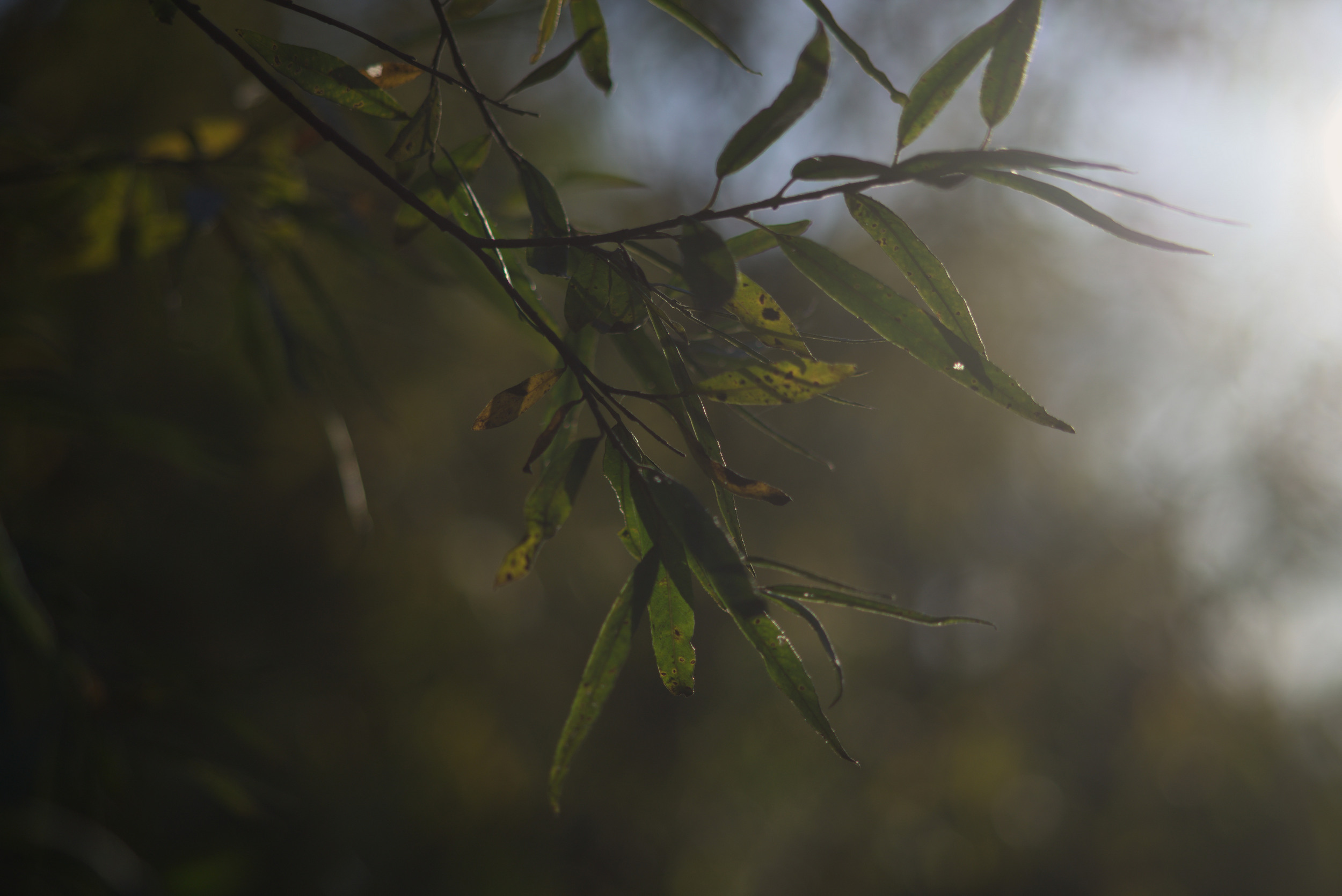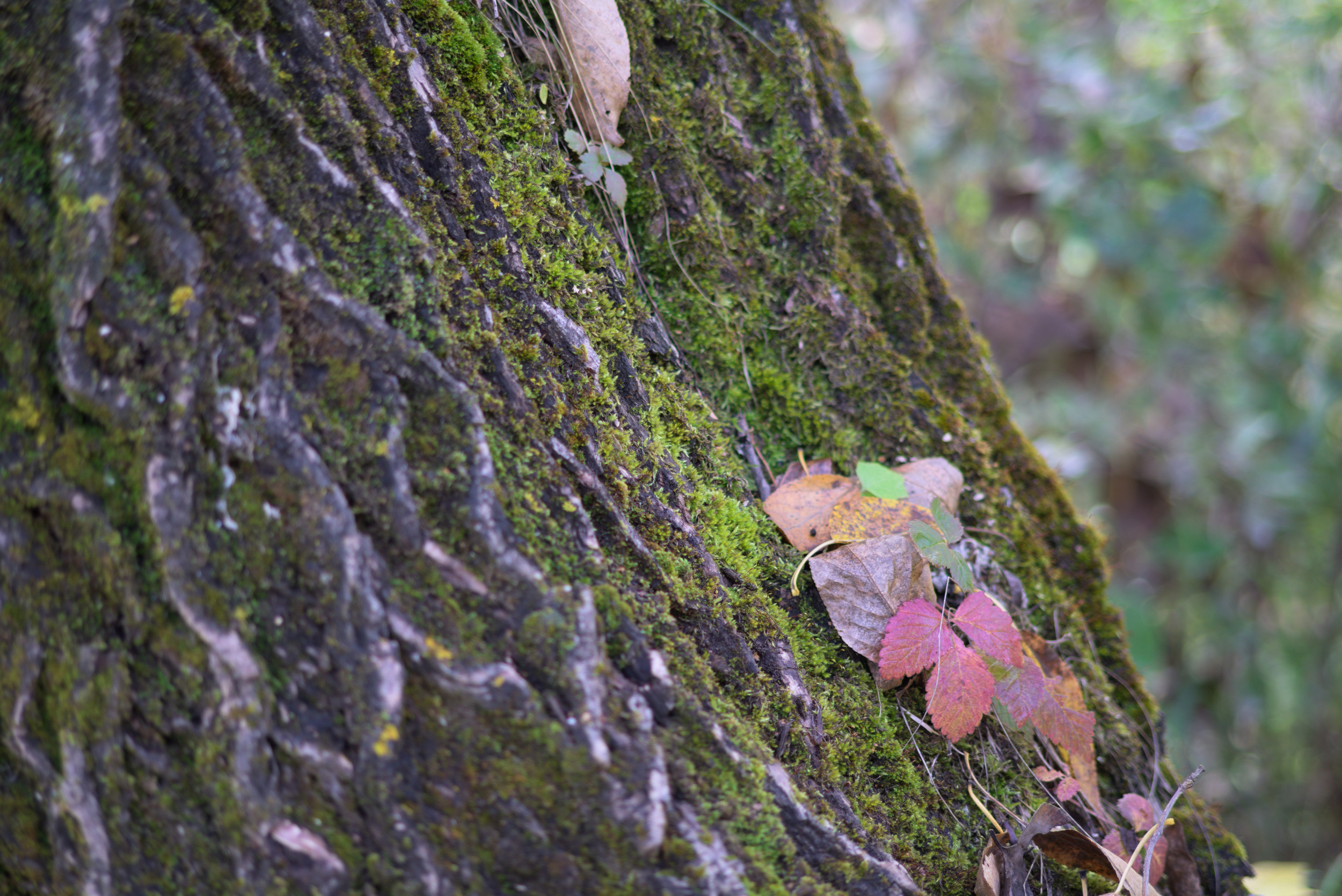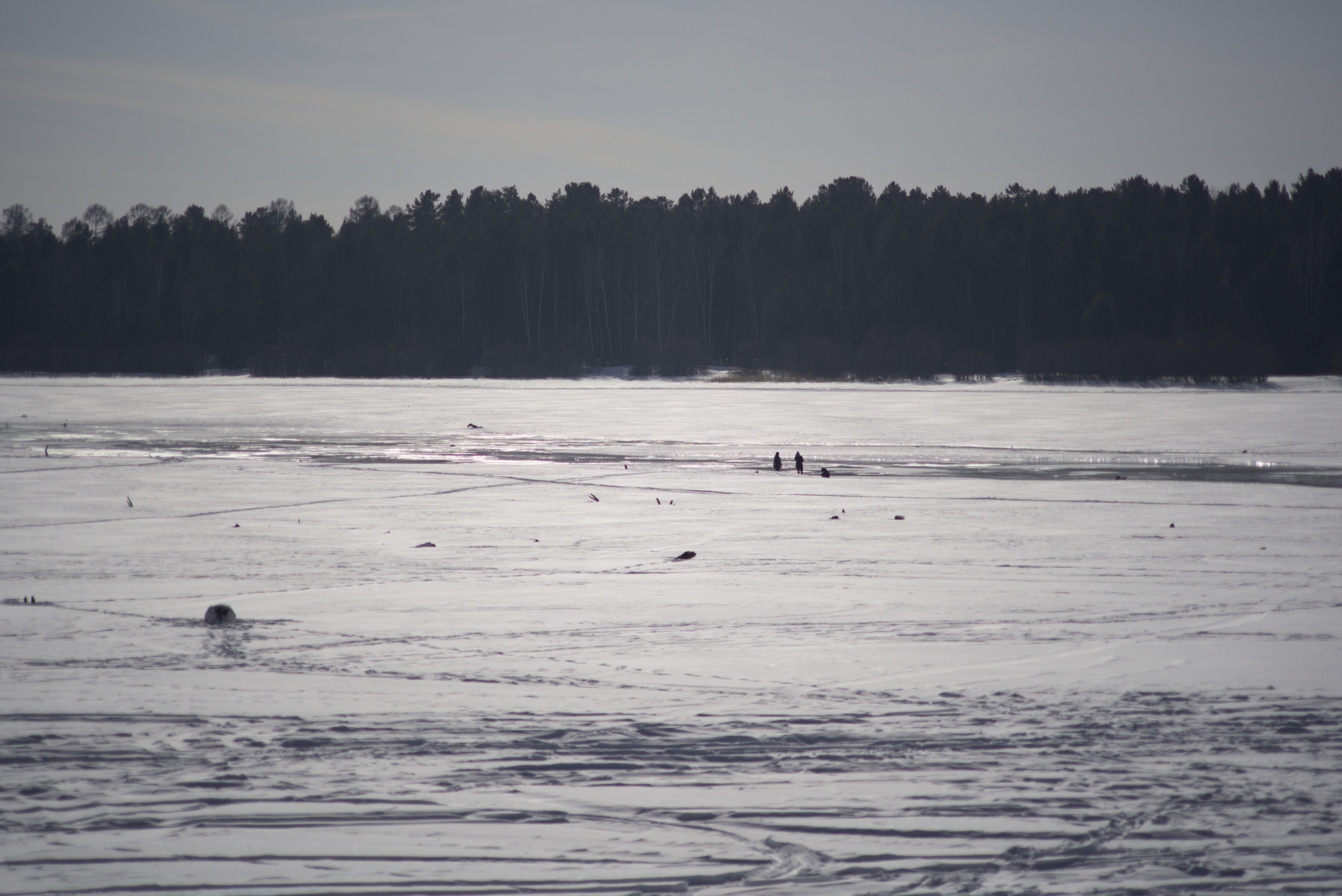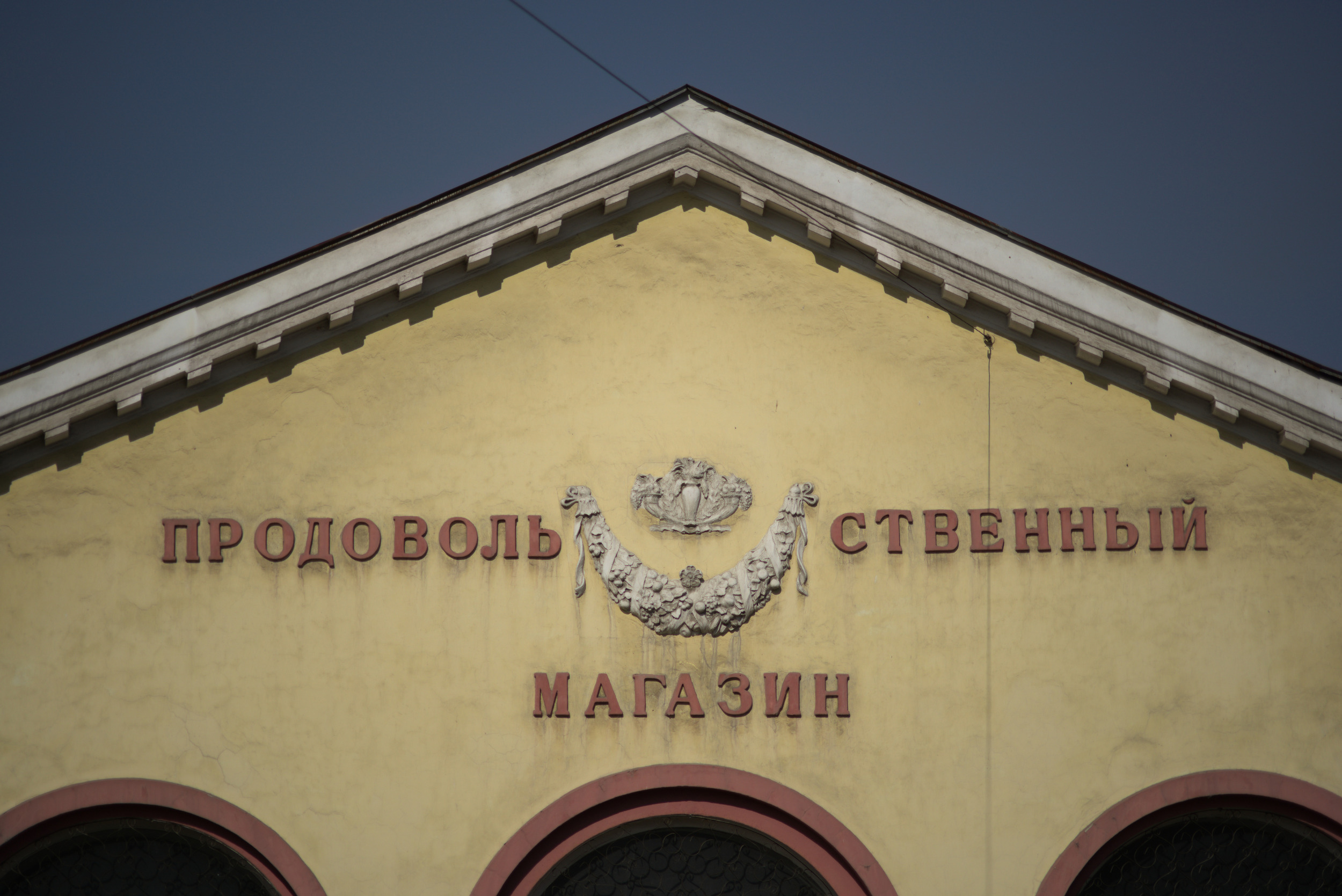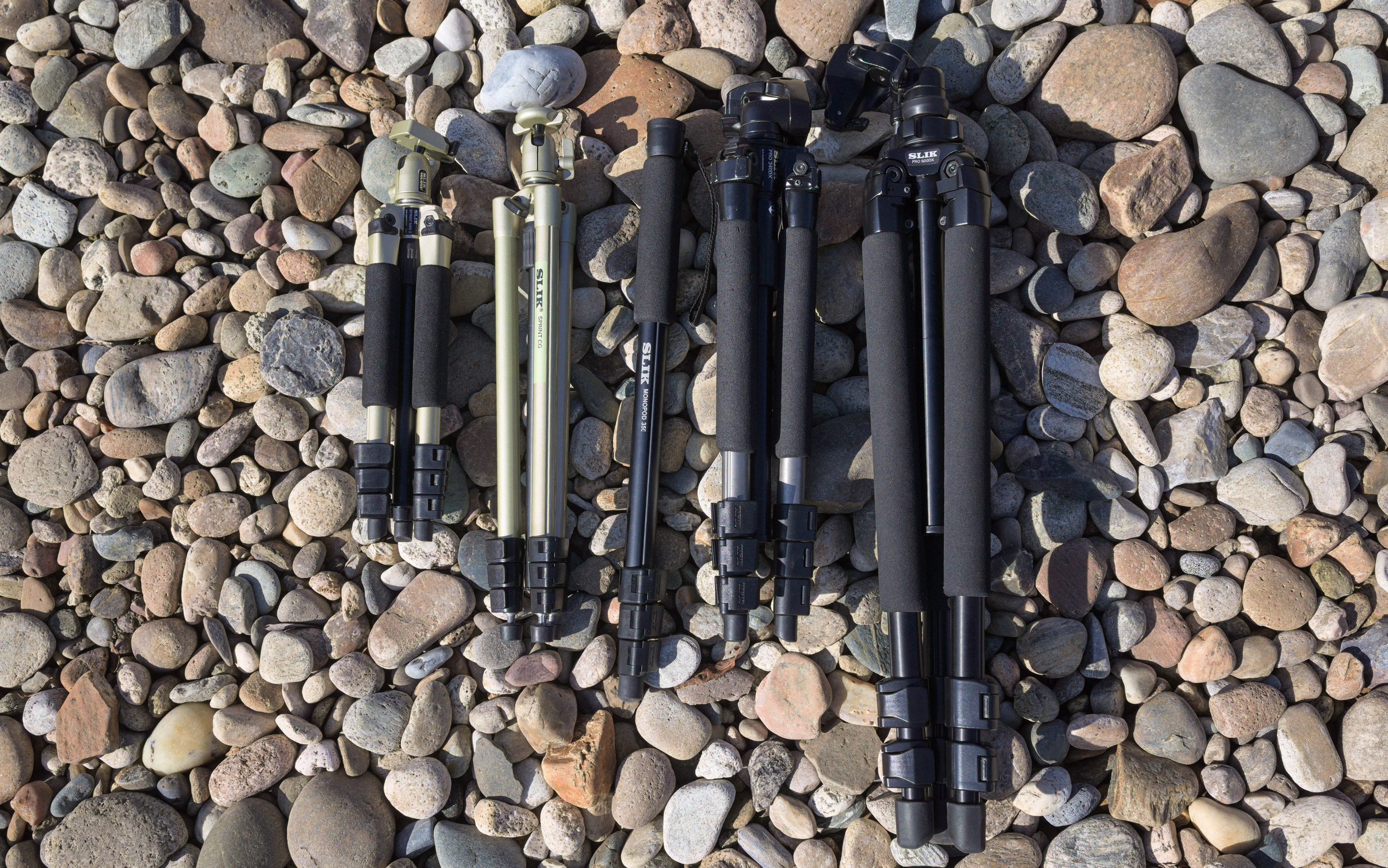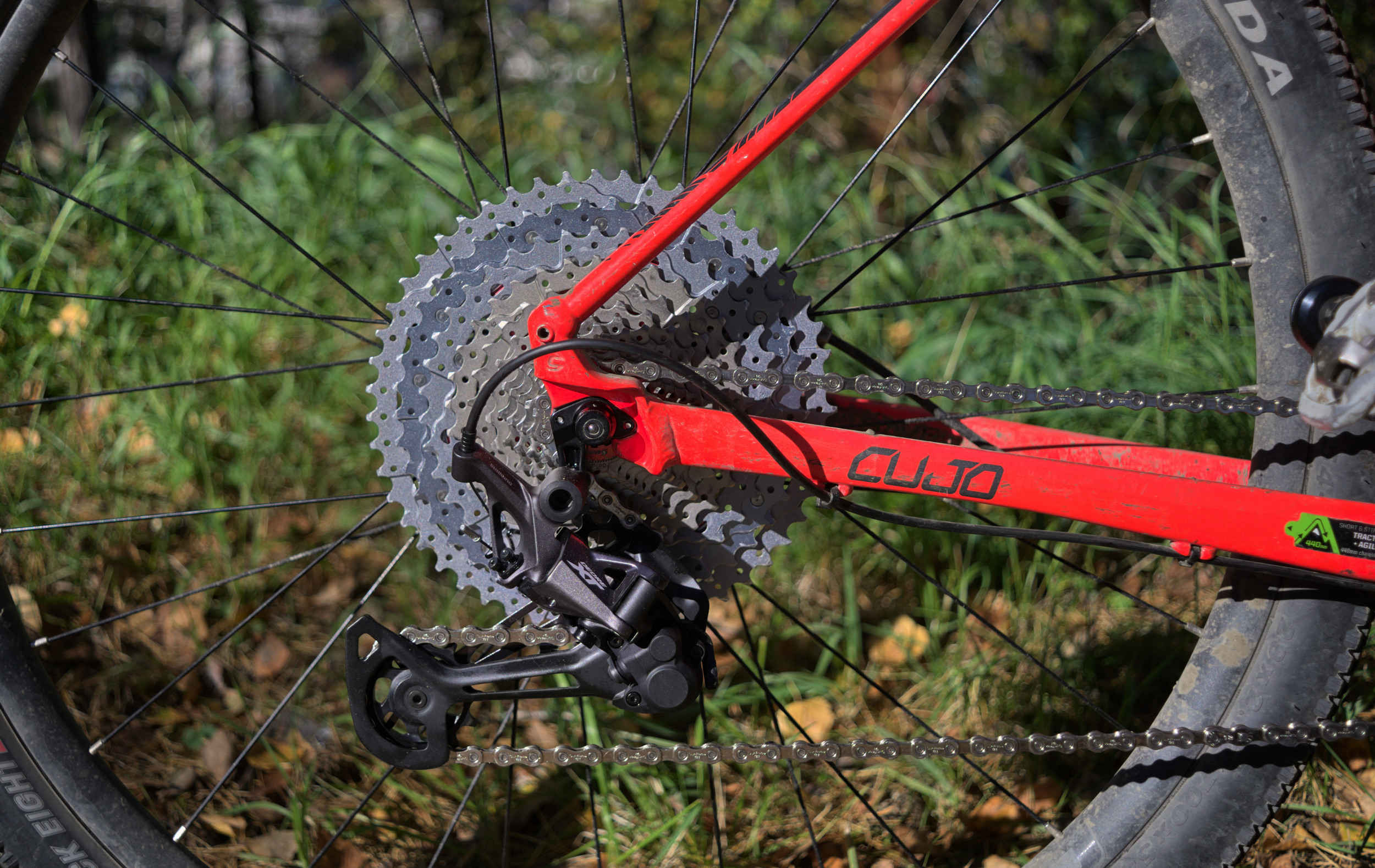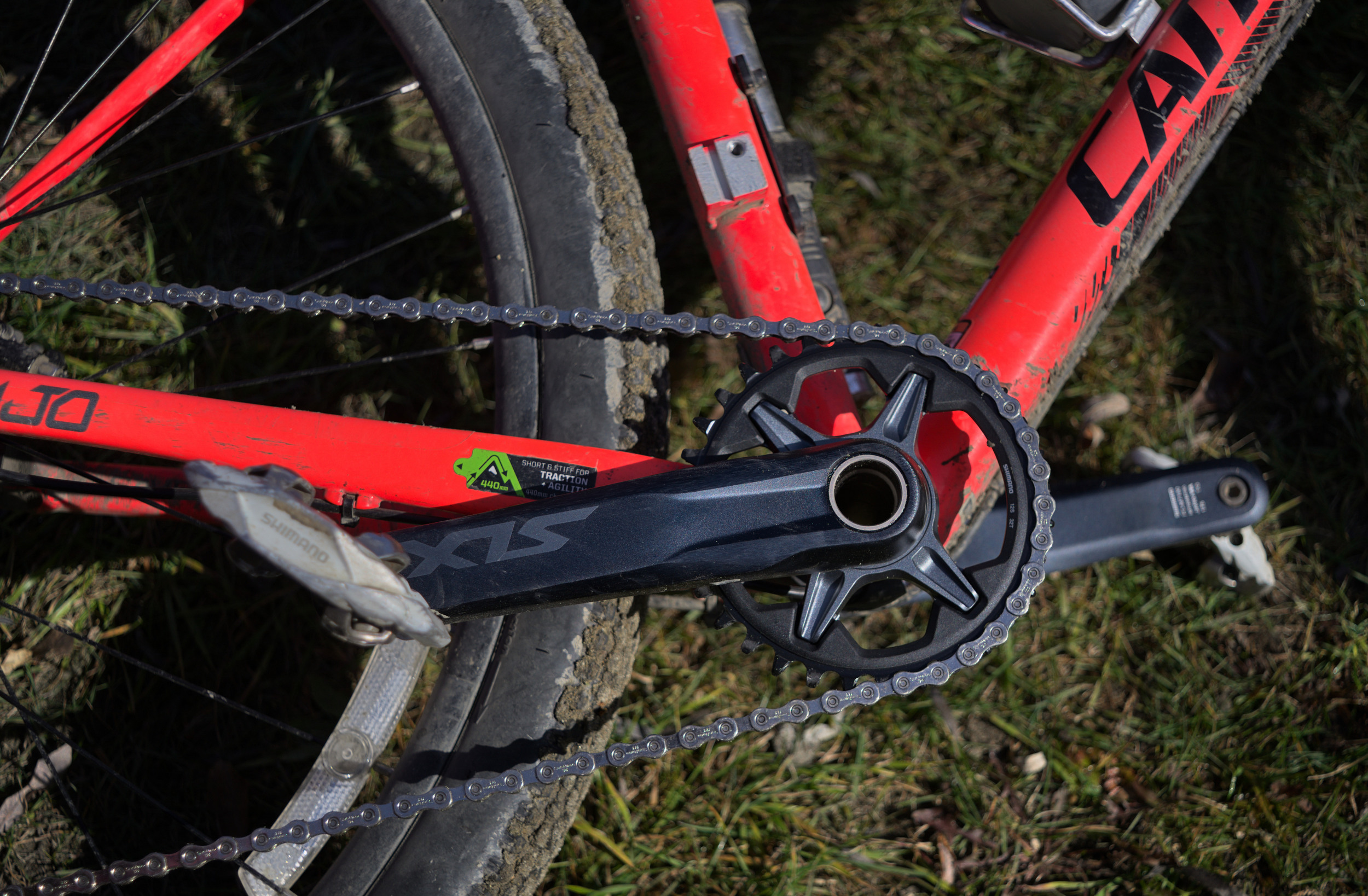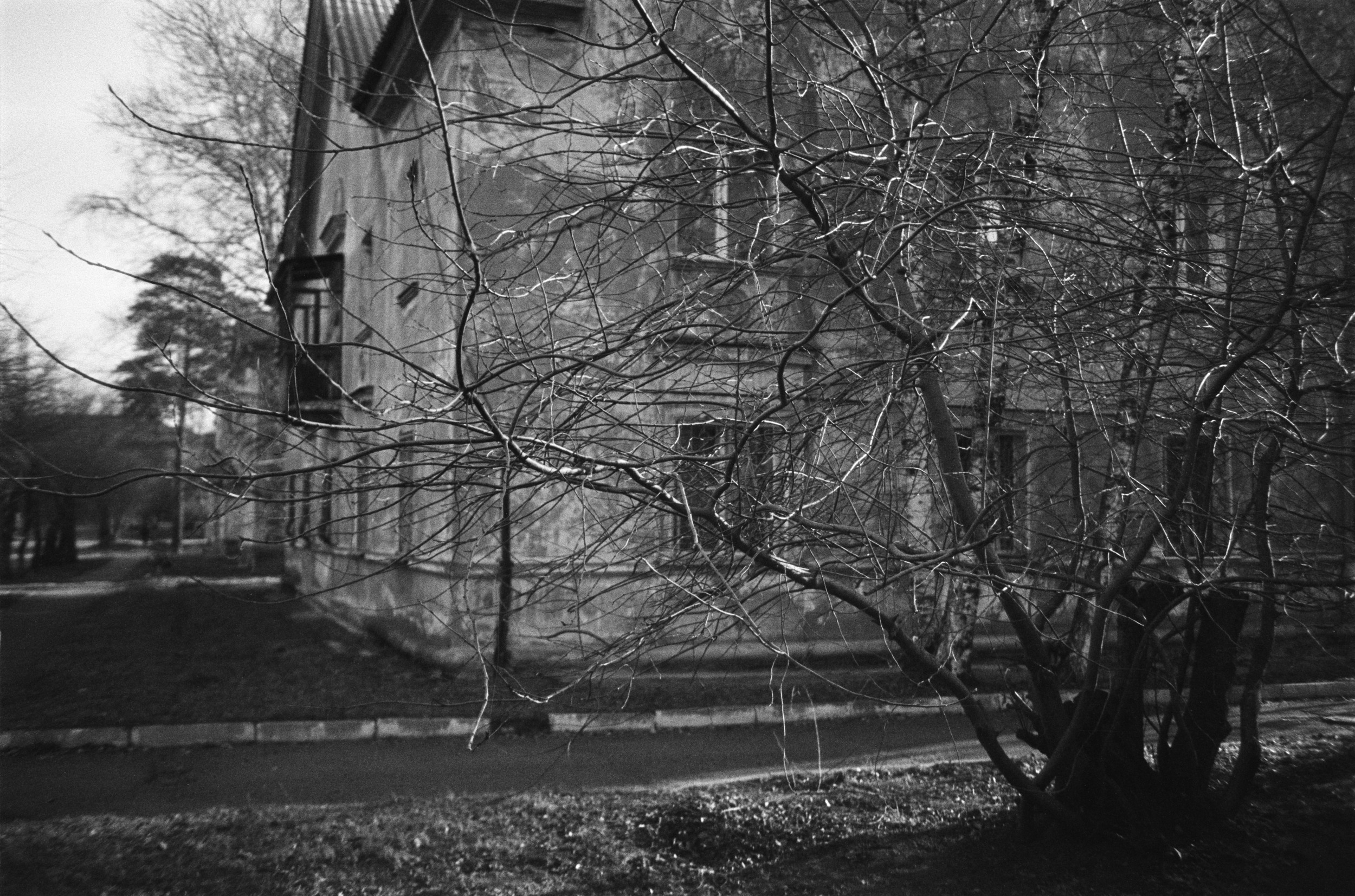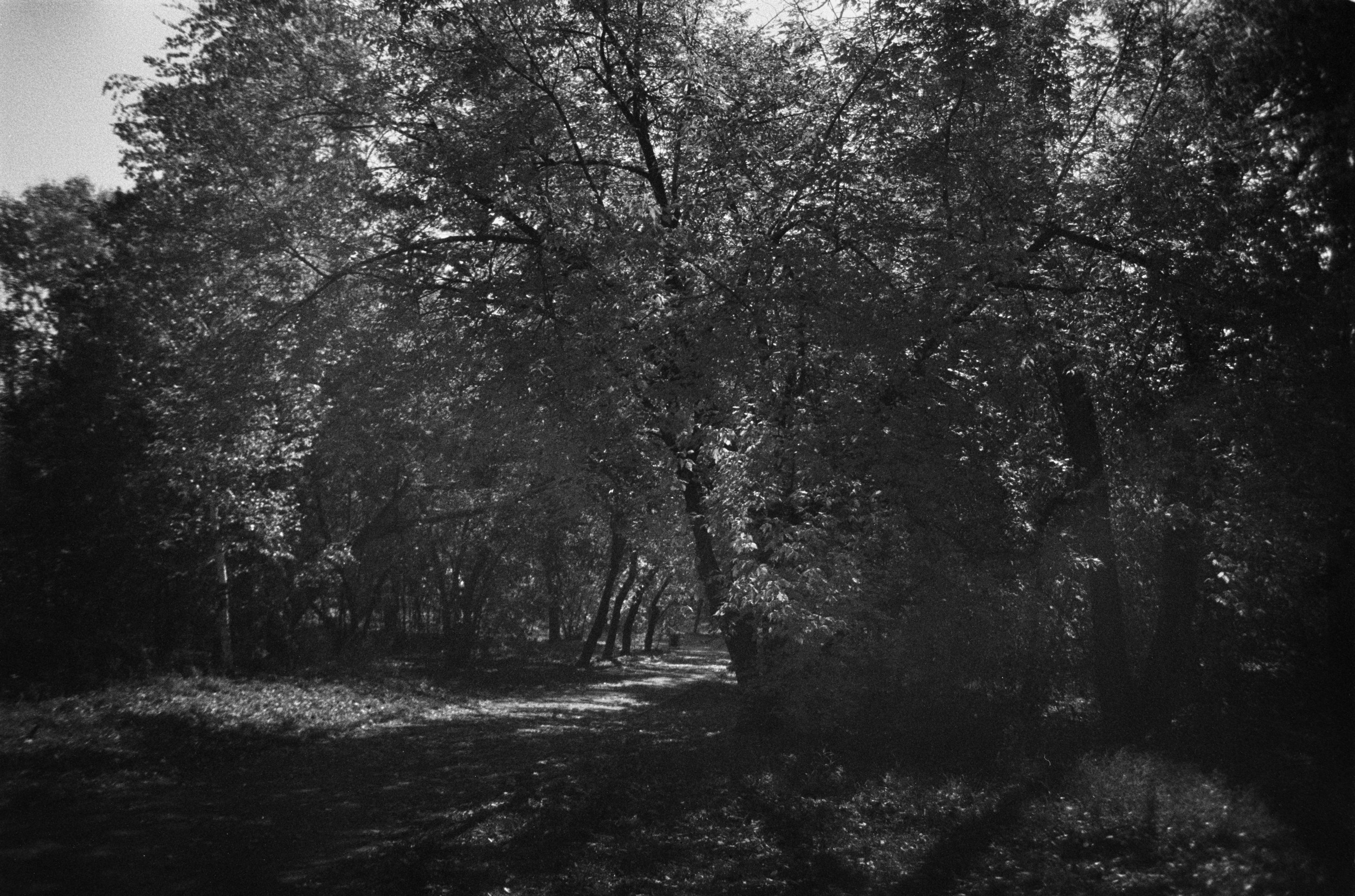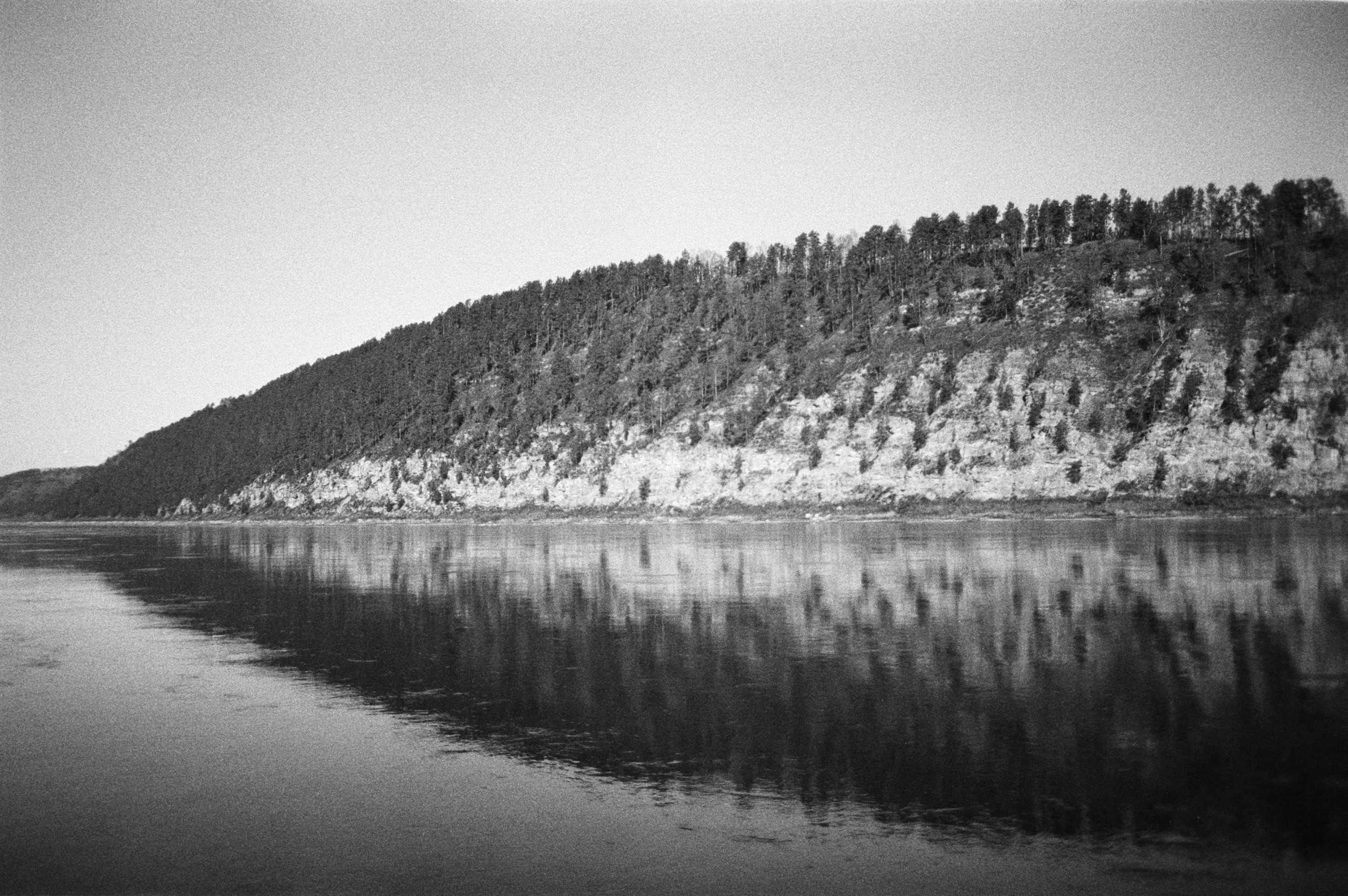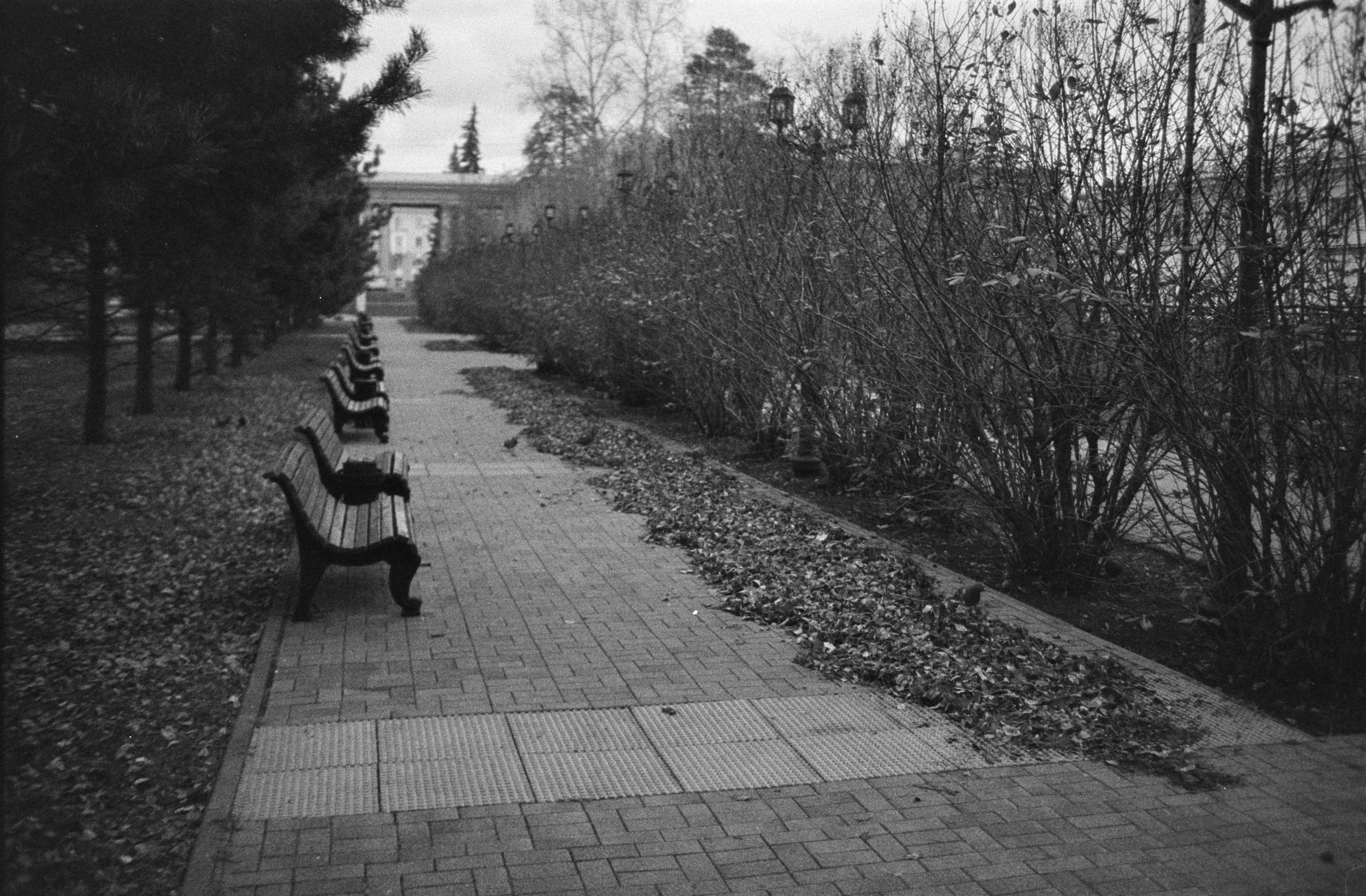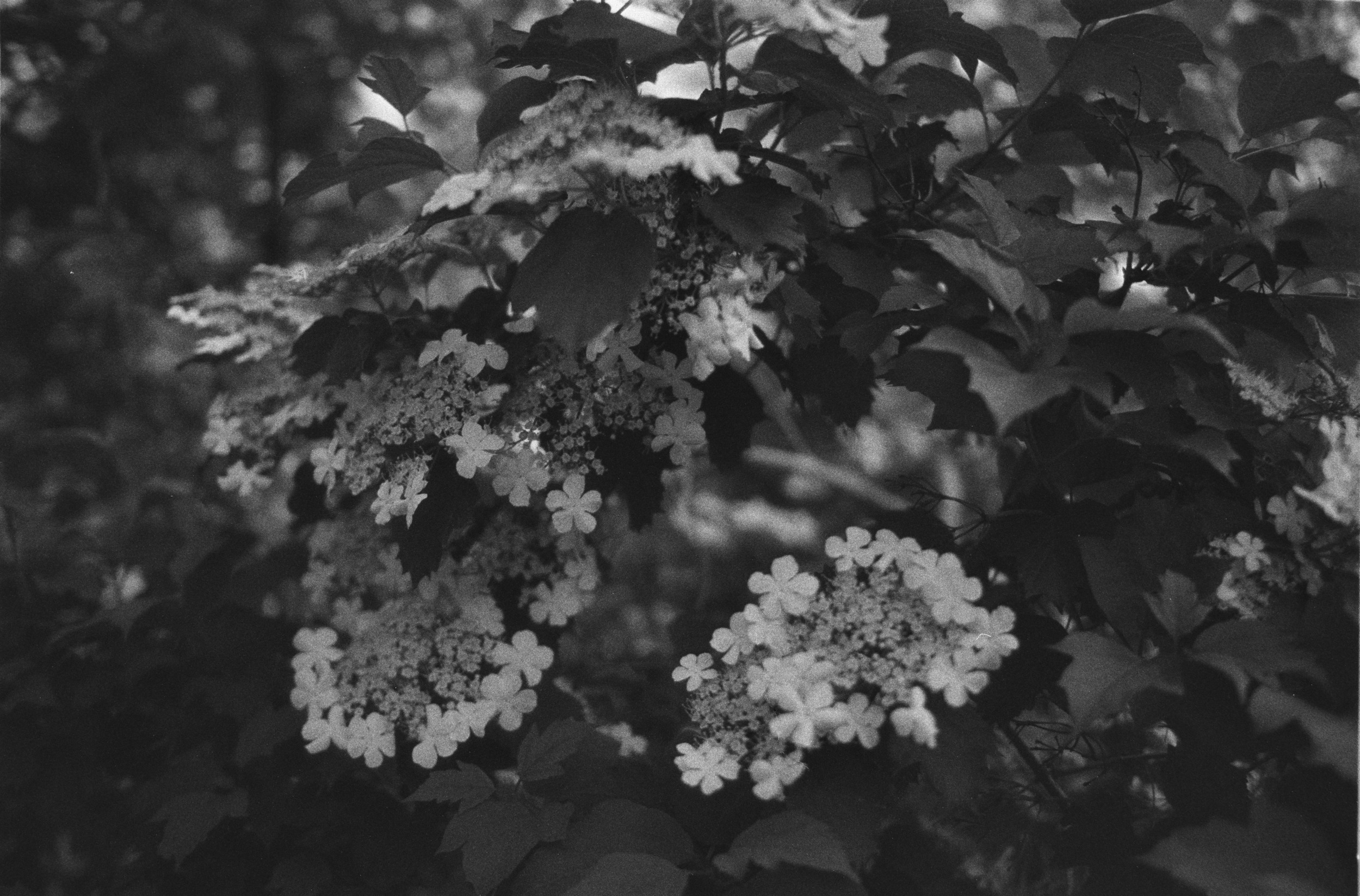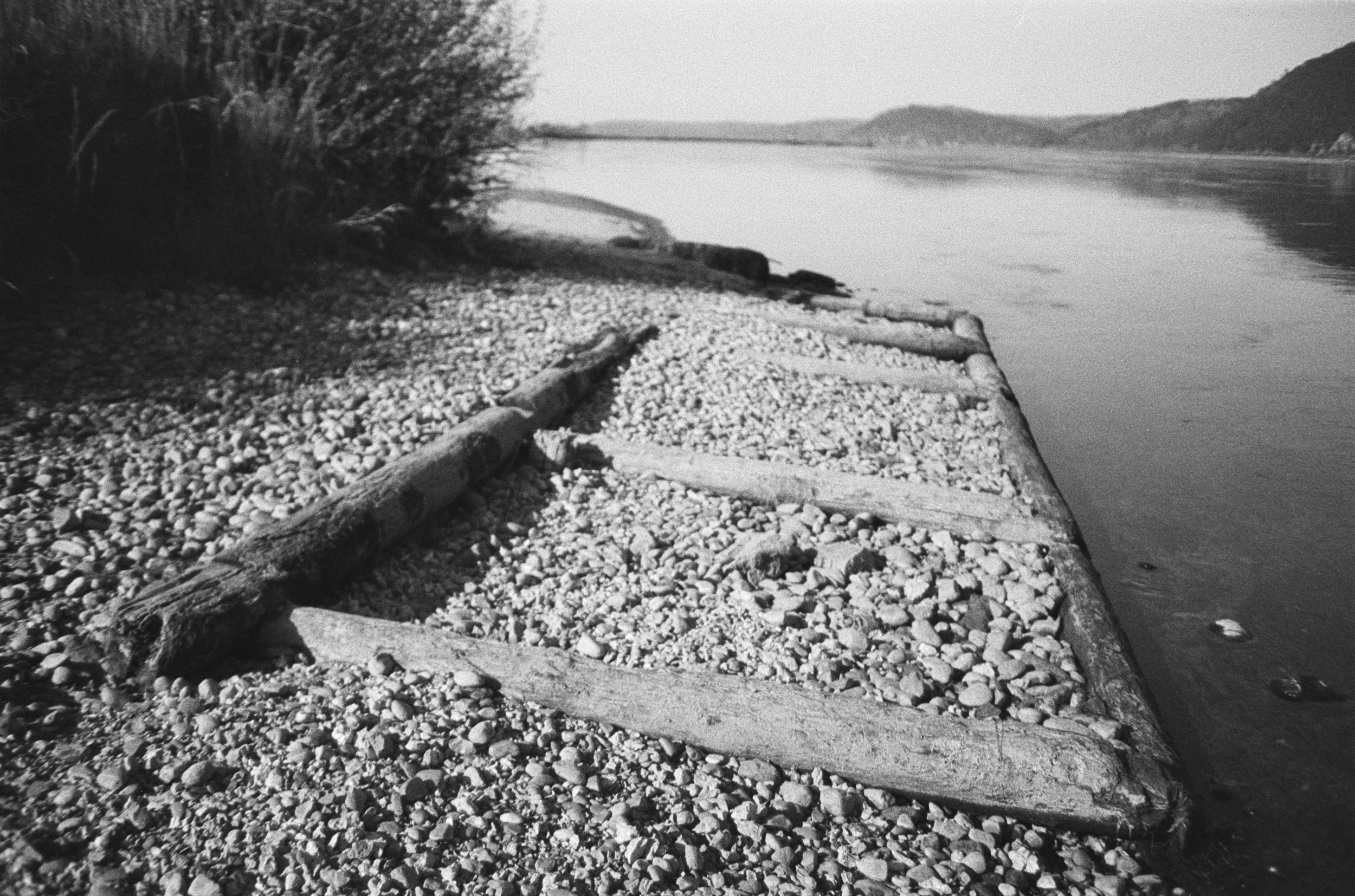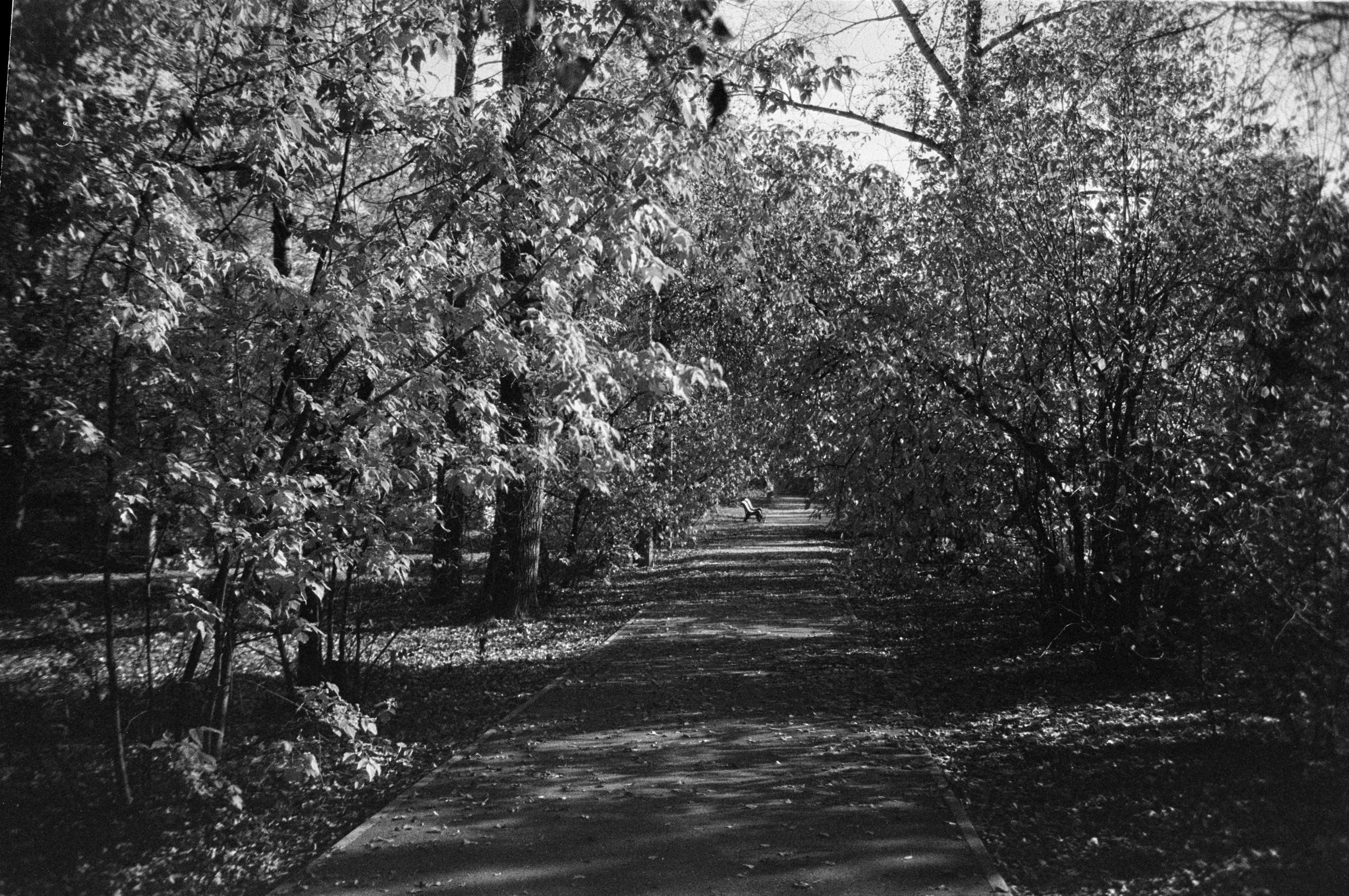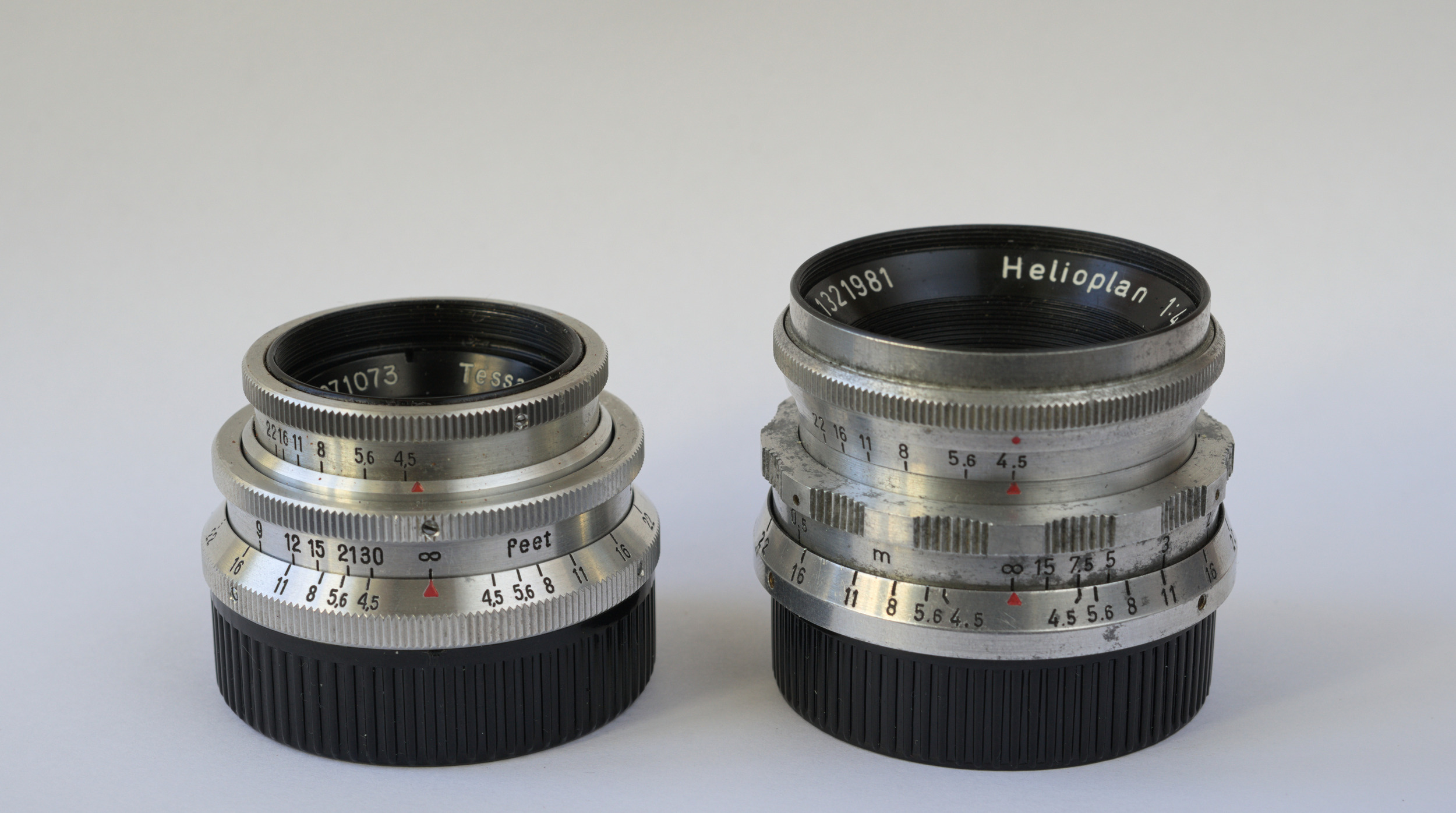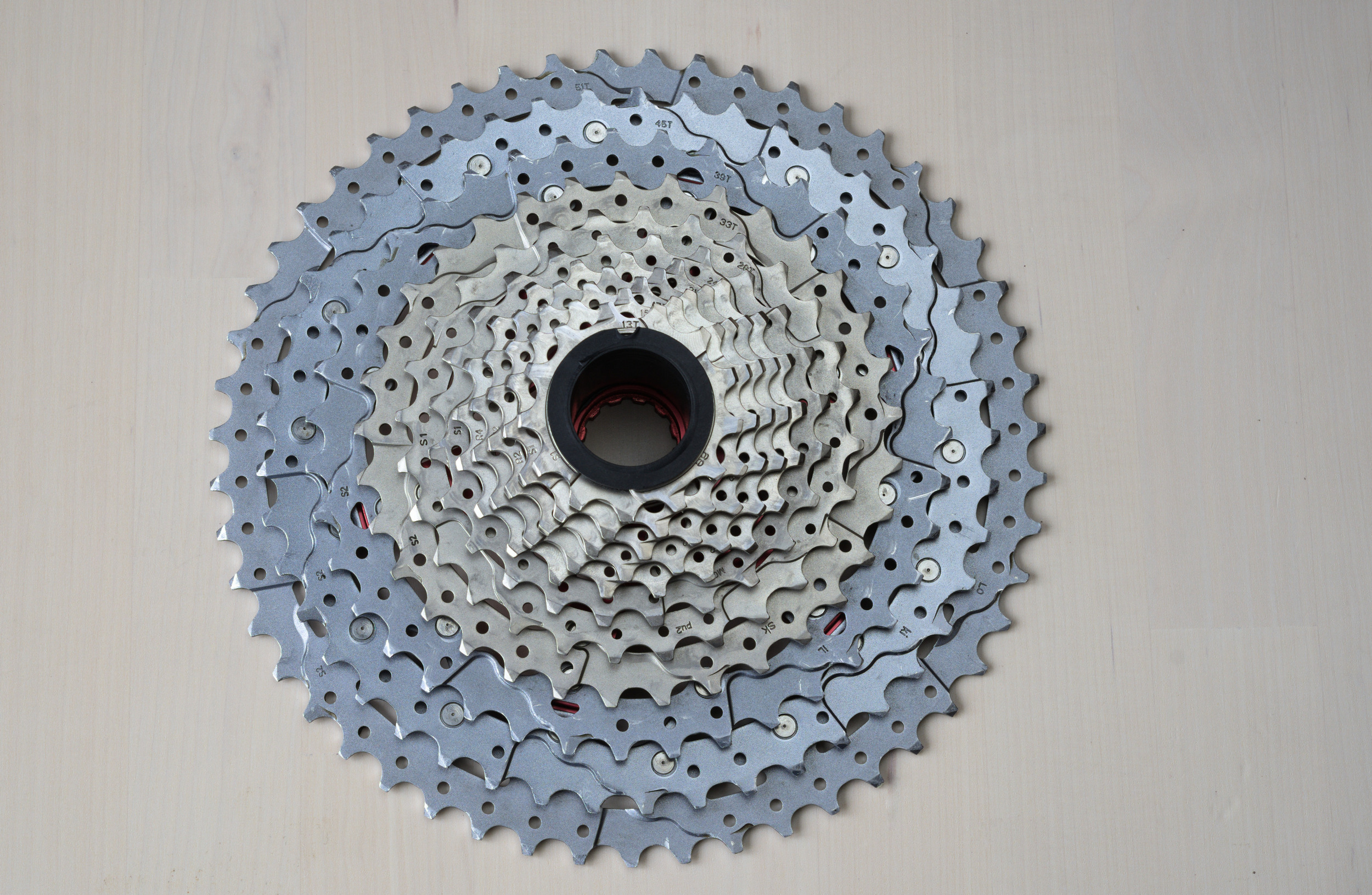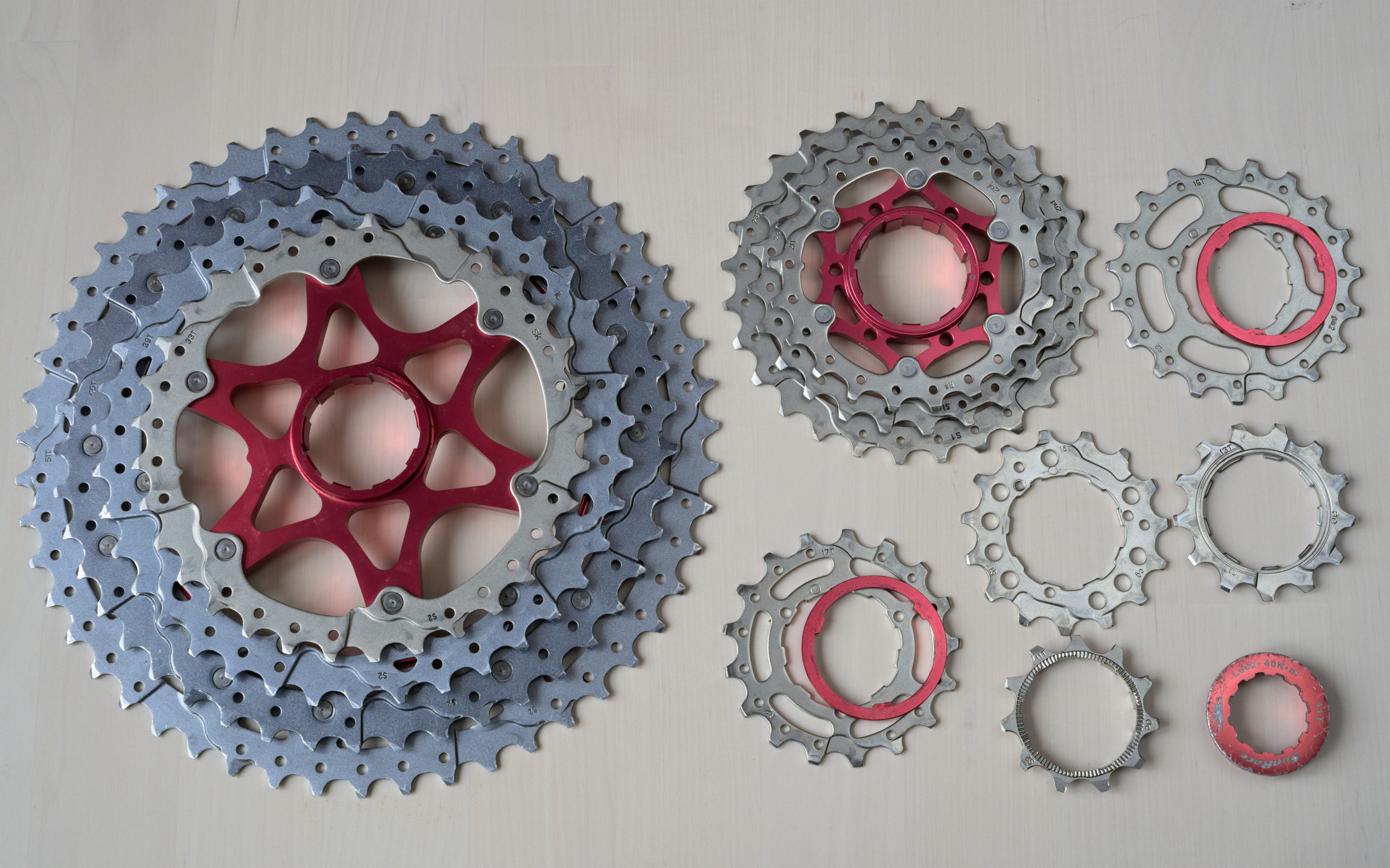The Pentax Q7 has a larger 1/1.7" sensor (4.6x crop factor, 12MP) than
the Pentax Q and Q10 models (1/2.3", 5.6x crop factor, 12MP). This means that the same lenses provide a wider angle of view with the Q7 (and the Q-S1).
Pentax Q-mount lens lineup:
Note, that the equivalent focal length is shorter for the Q7, but there is some deviation with the
03,
04, and
05 lenses. Their equivalent focal lengths are larger than expected for a 4.6x crop factor.
I tested the Pentax Q7 with
my lenses and discovered the reason.
With the 03, 04, and 05 lenses the Pentax Q7 in JPEG crops the image to ~9.9MP and upscales it to 12MP. This makes the angle of view narrower. In DNG, the full 12MP image is stored, but the metadata contains crop information (
like the Ricoh GR).
Default Crop Origin : 185 139
Default Crop Size : 3629 2722
Therefore, the actual angle of view depends on the RAW converter used.
The ART RAW converter ignores the crop information, and works with the full image. If your RAW converter doesn't offer this flexibility, you can use ExifTool to remove the crop information.
Here are my tests.
Pentax Q 03 3.2/5.6 Fish-eye
Pentax Q:
Pentax Q7 (JPEG):
Pentax Q7 (DNG without cropping):
Pentax Q 04 6.3/7.1 Toy Lens Wide
Pentax Q:
Pentax Q7 (JPEG):
Pentax Q7 (DNG without cropping):
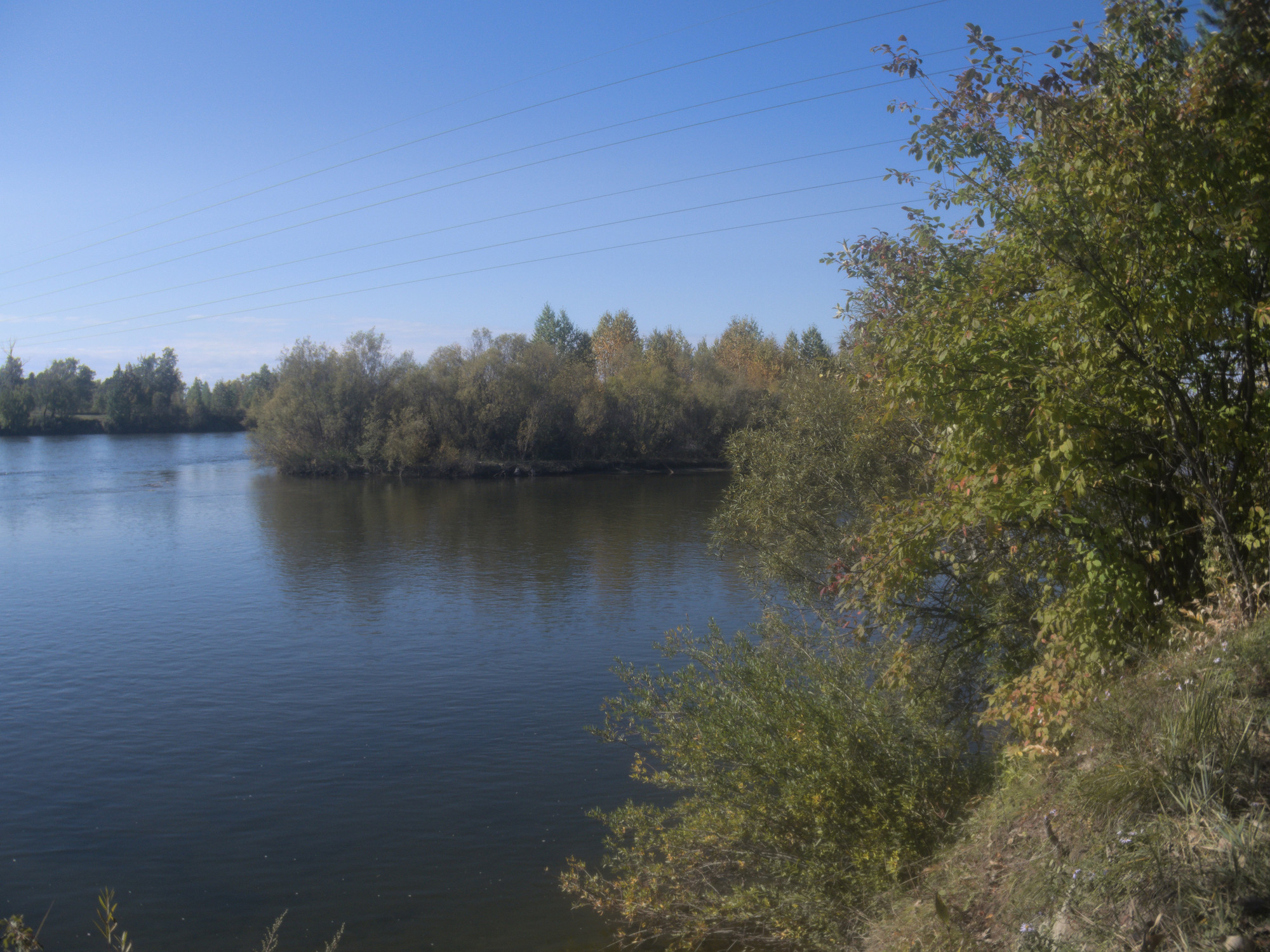
Pentax Q 05 18/8 Toy Lens Telephoto
Pentax Q:
Pentax Q7 (JPEG):
Pentax Q7 (DNG without cropping):
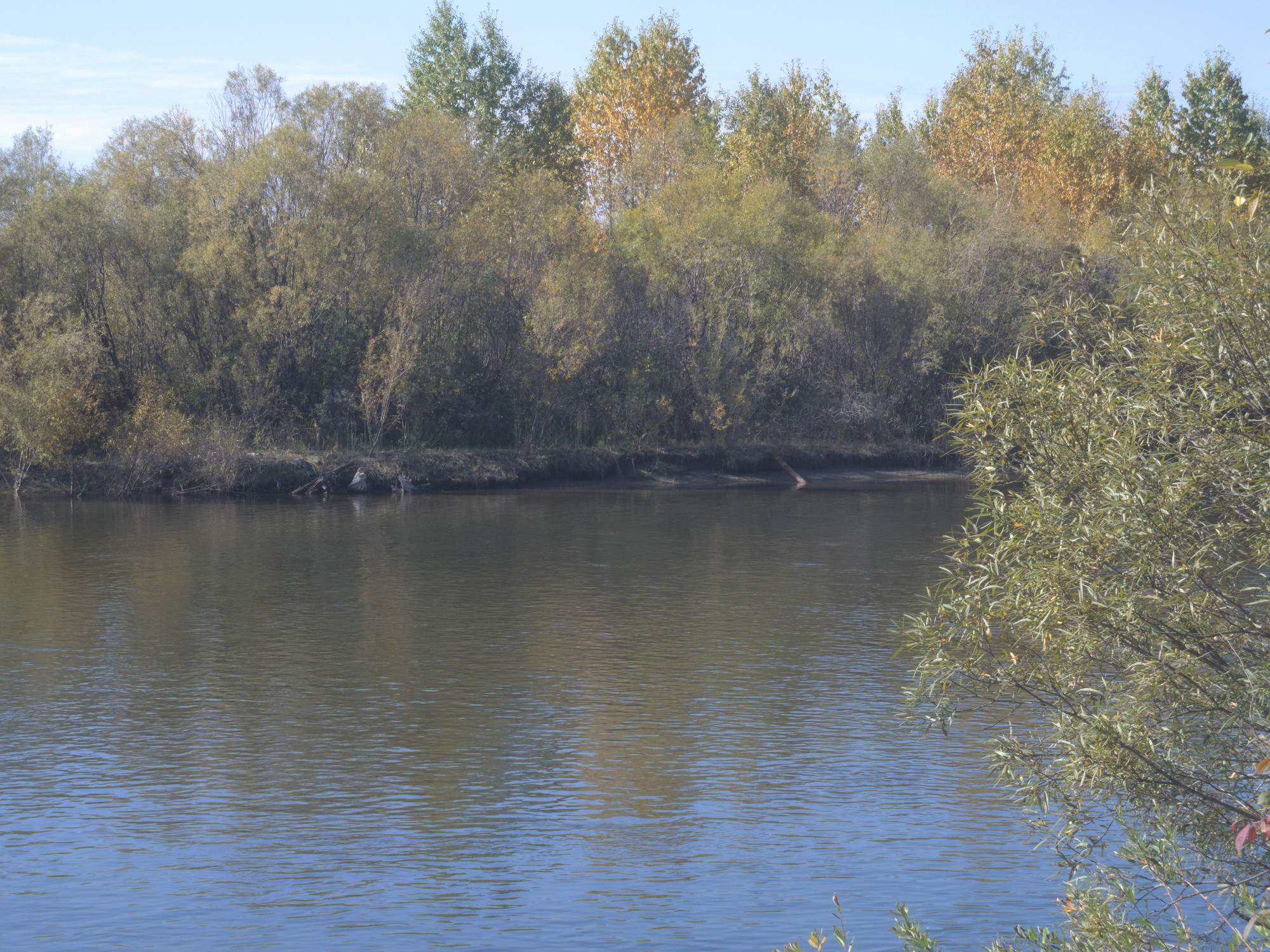
As you can see, the angle of view in Q7's JPEG of the 03, 04, and 05 lenses is wider than with the Pentax Q, but narrower than the full image without cropping.
